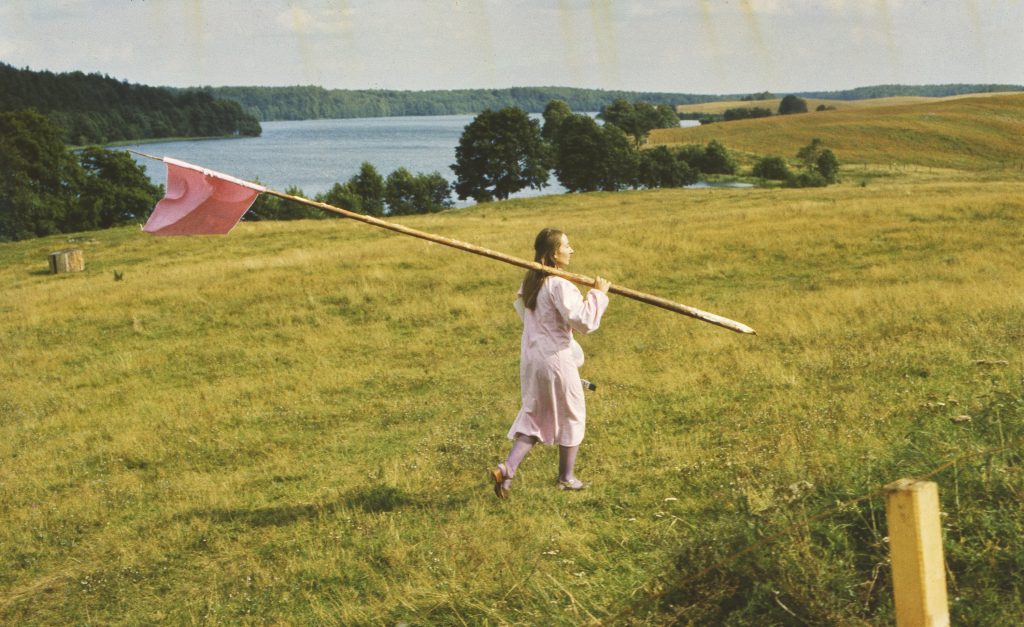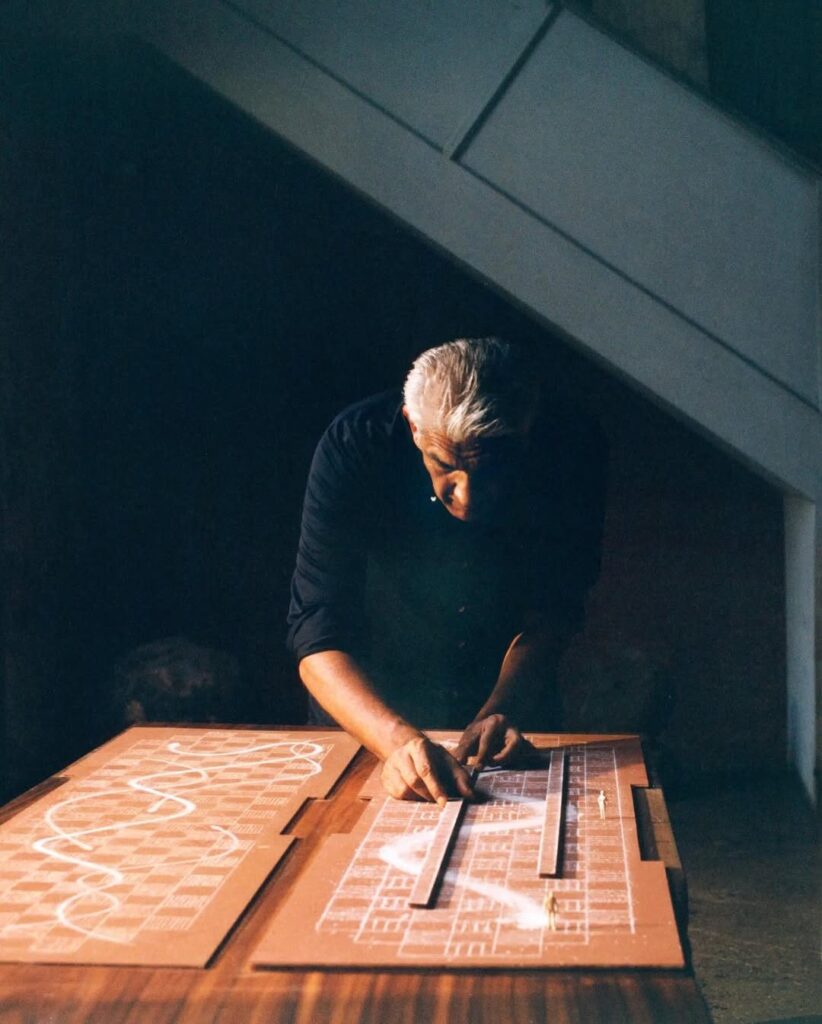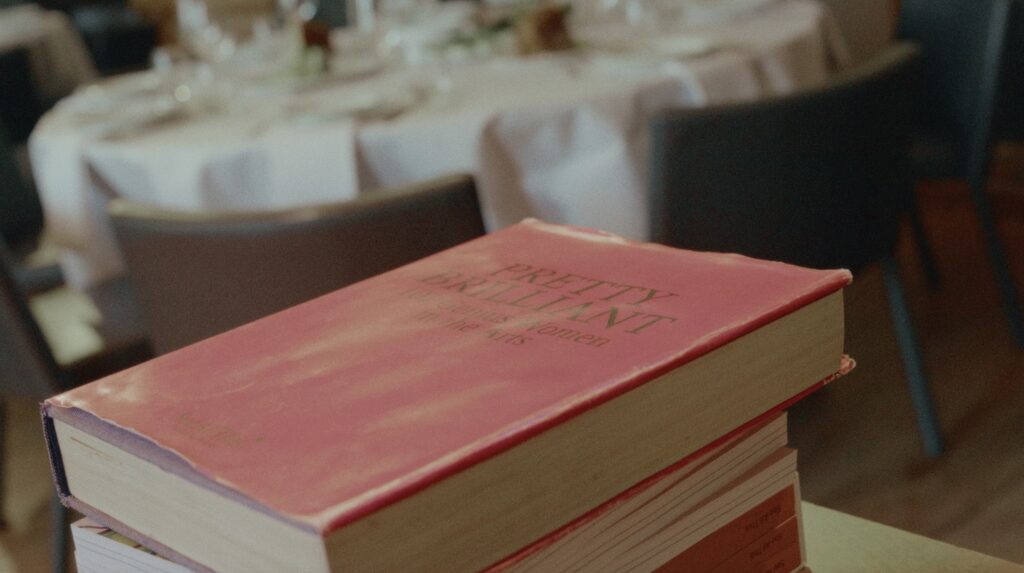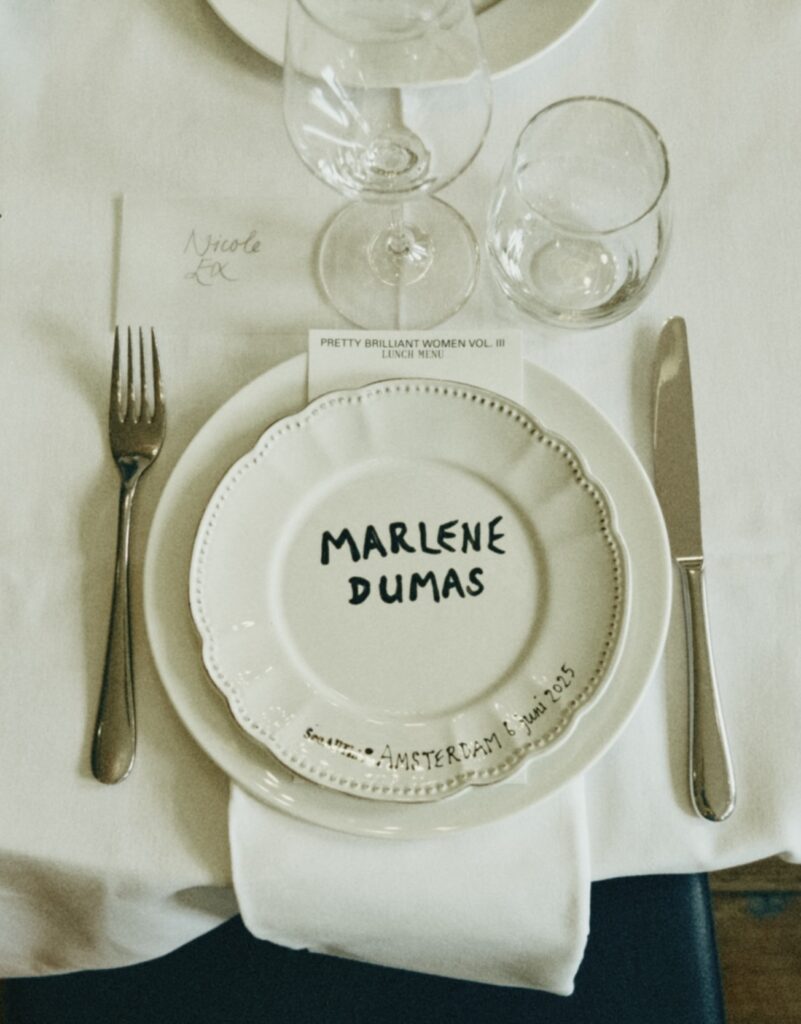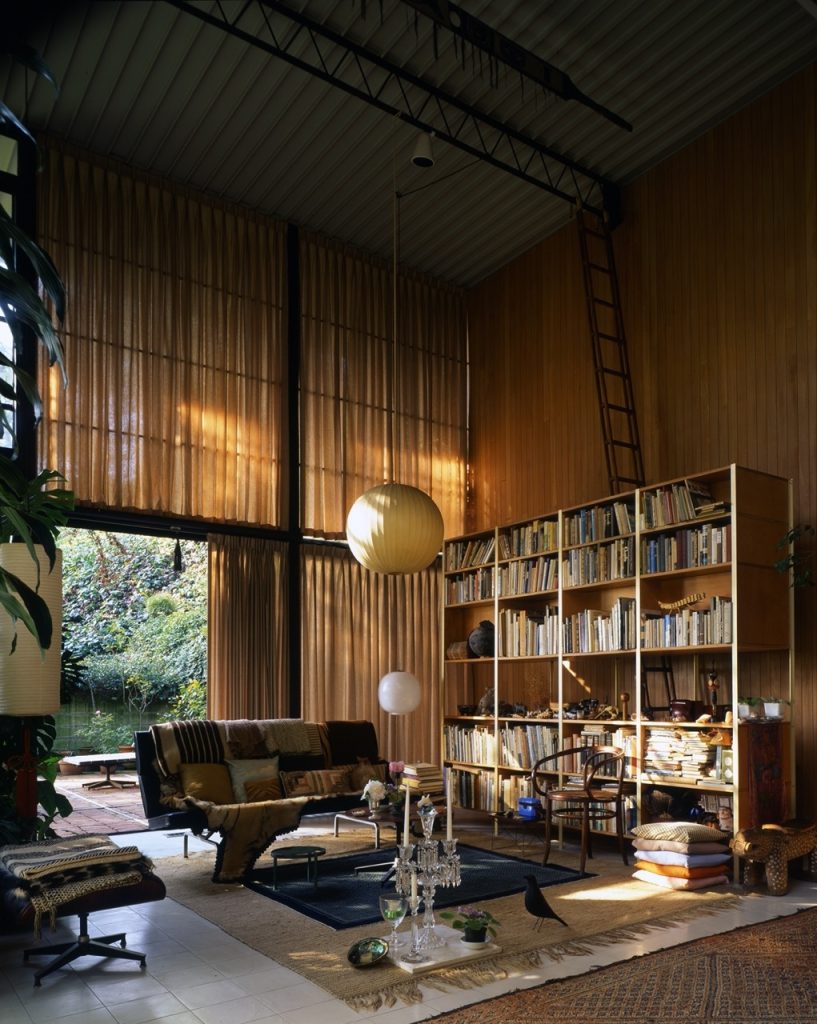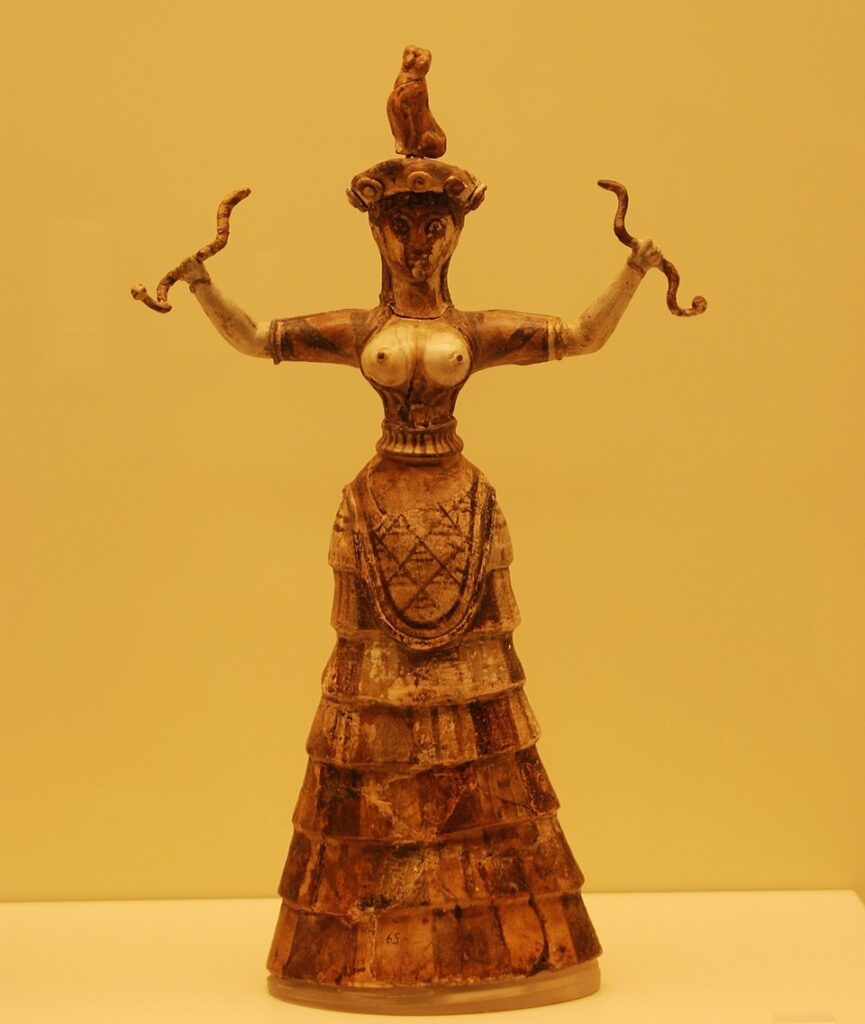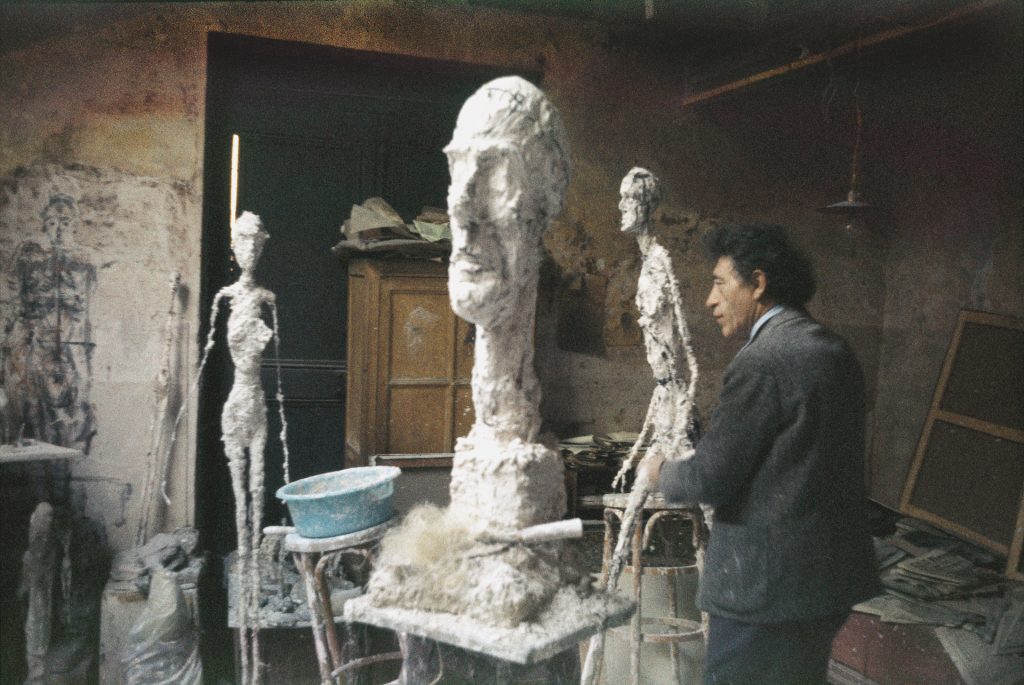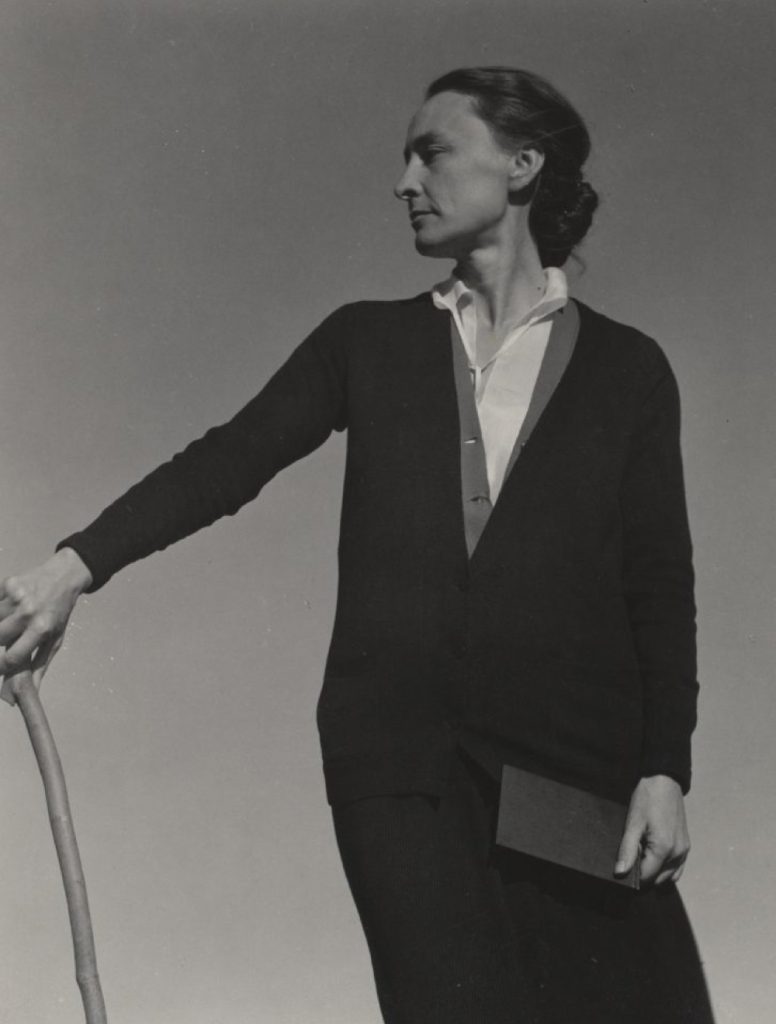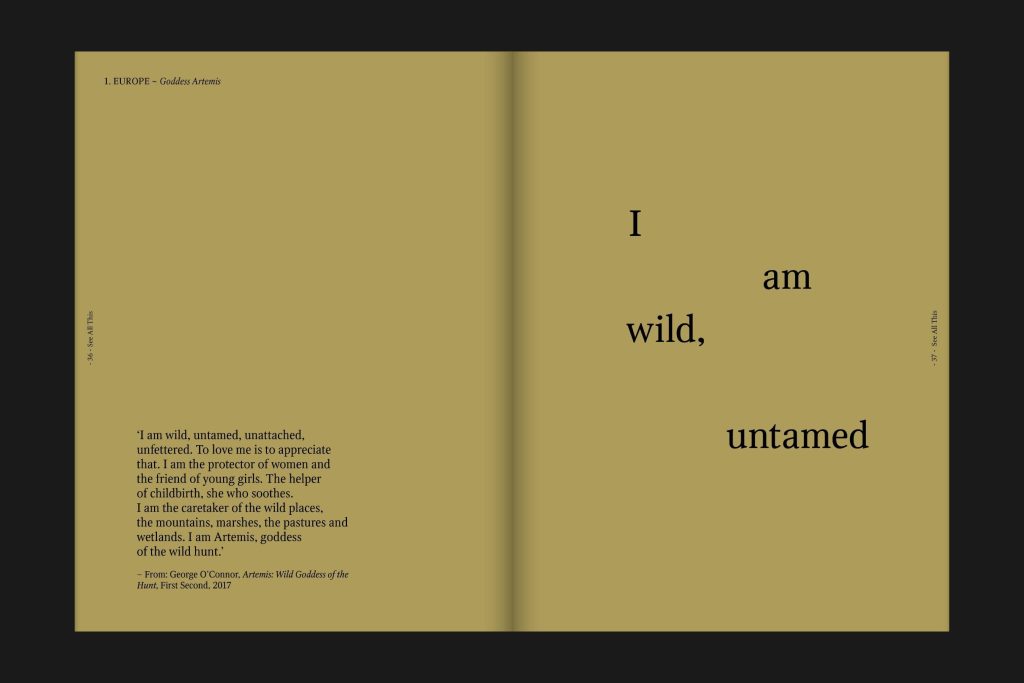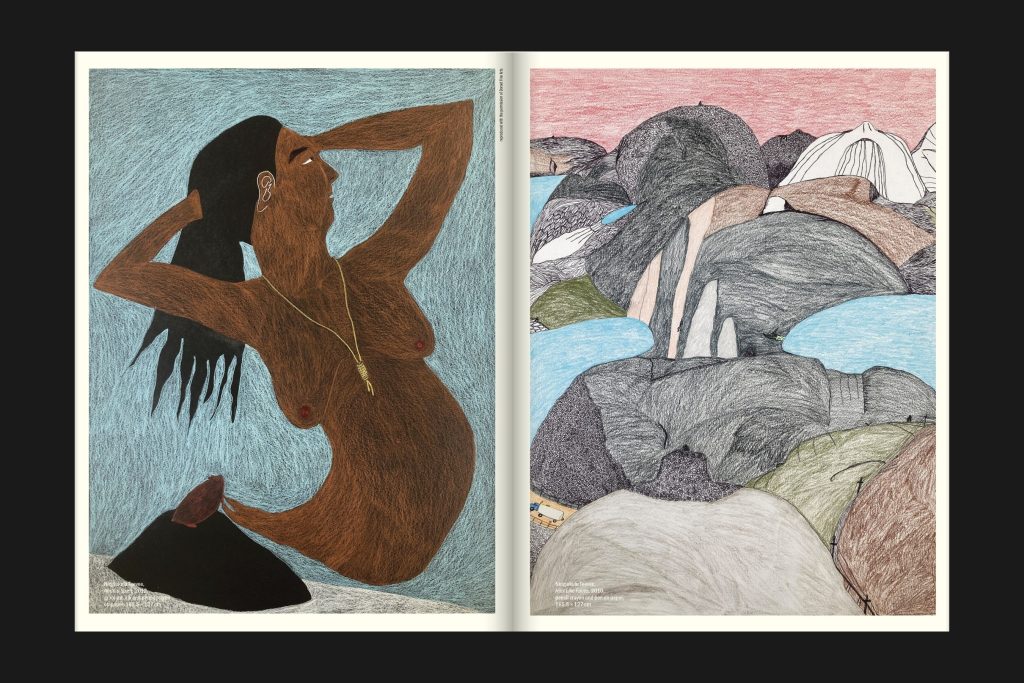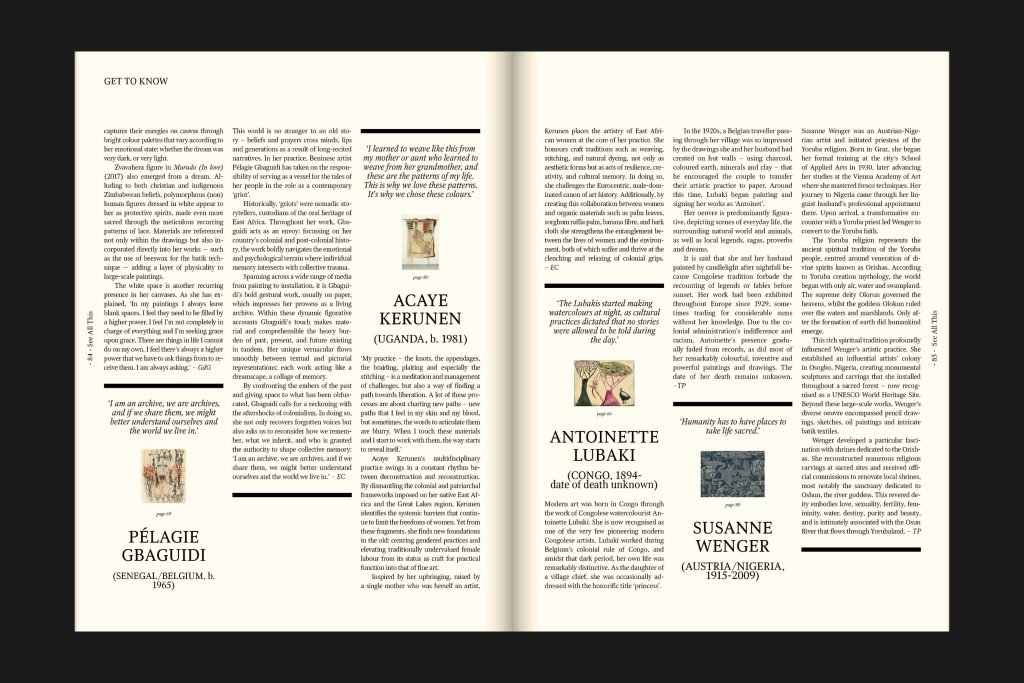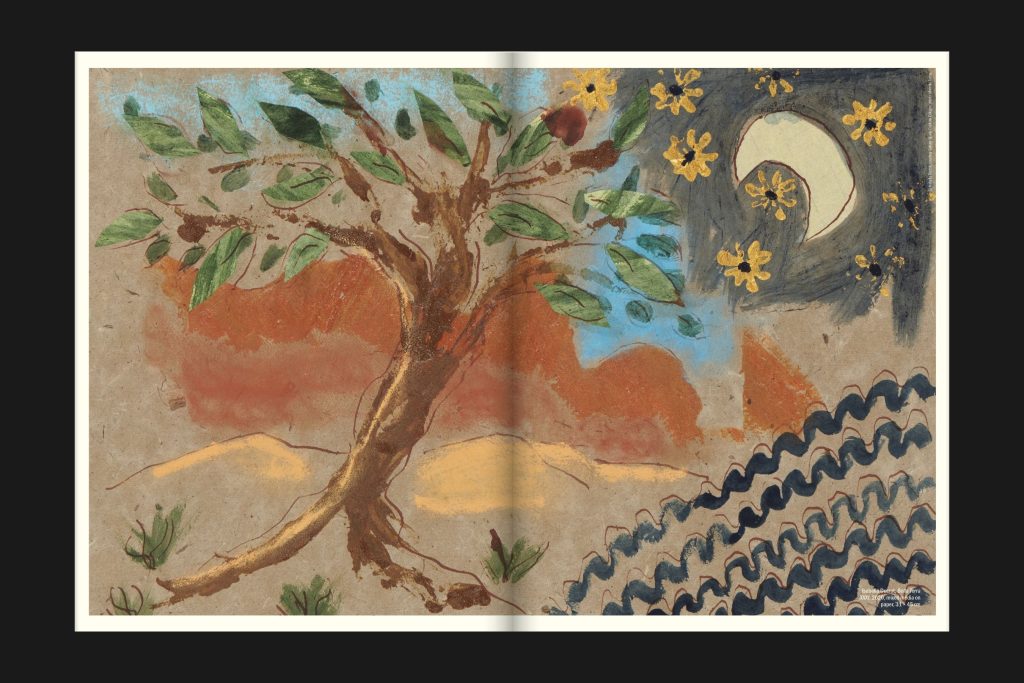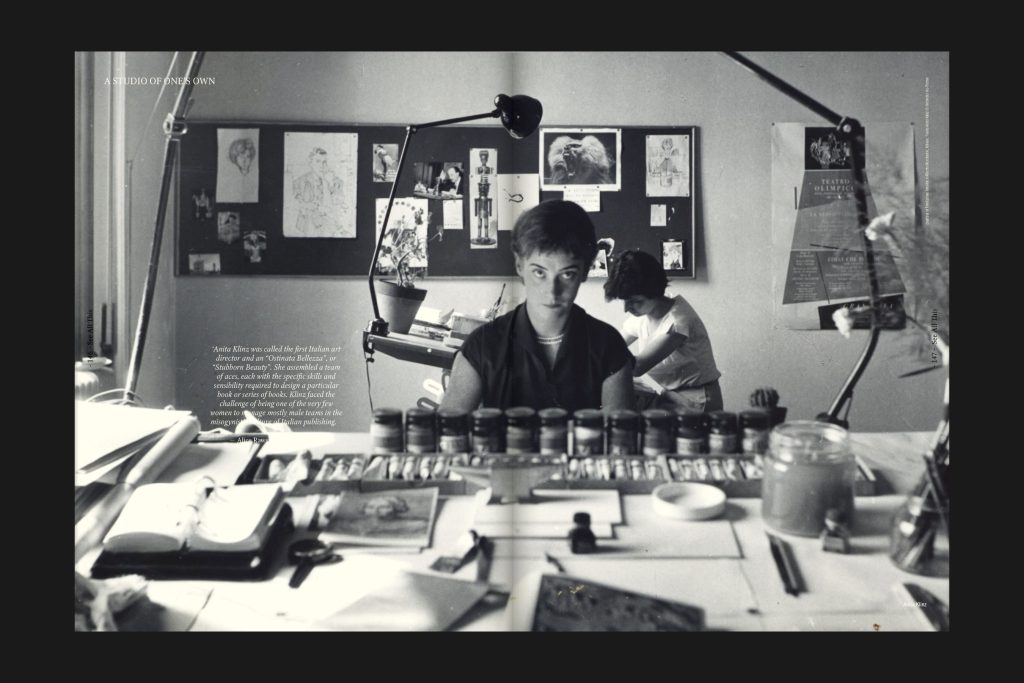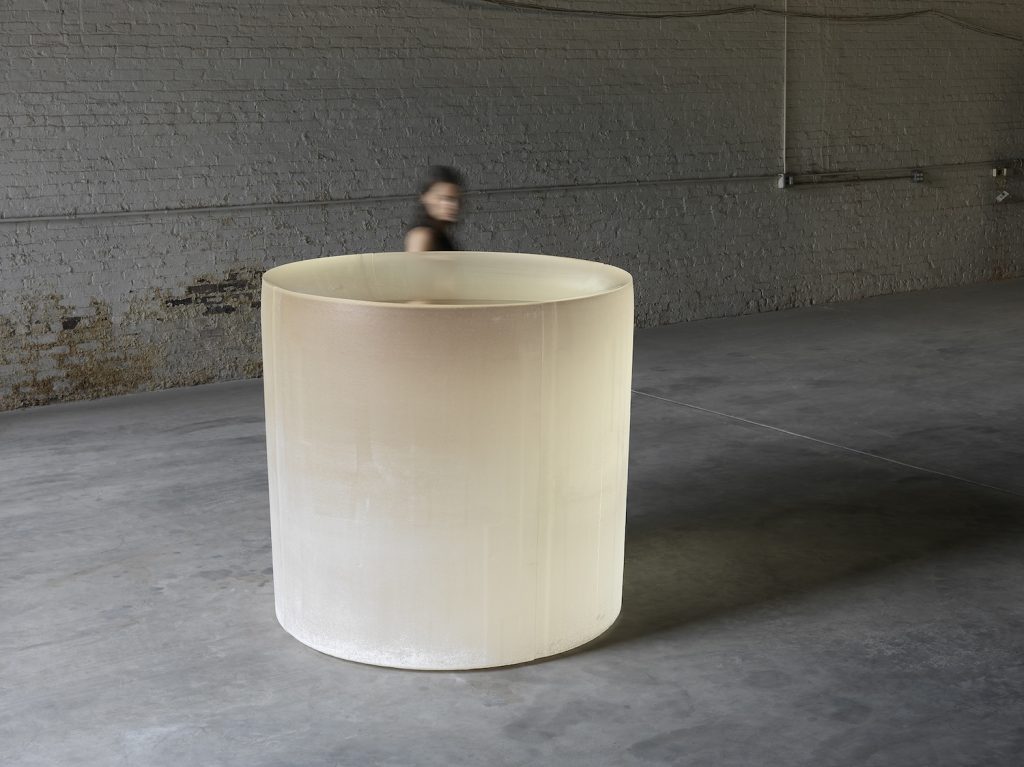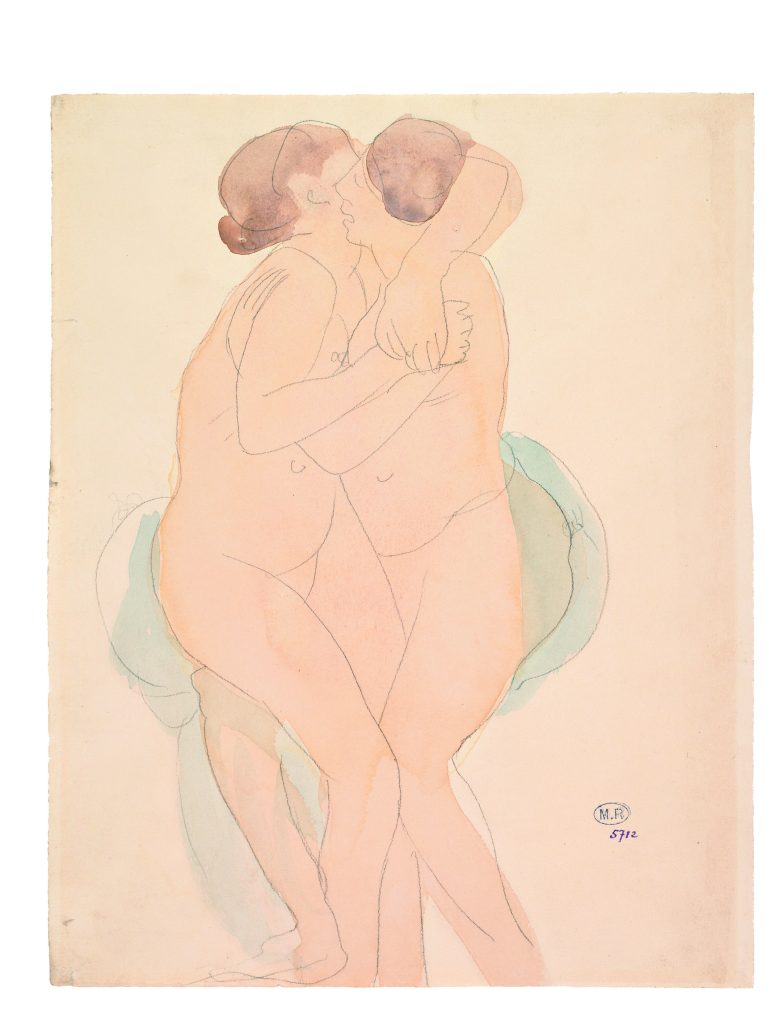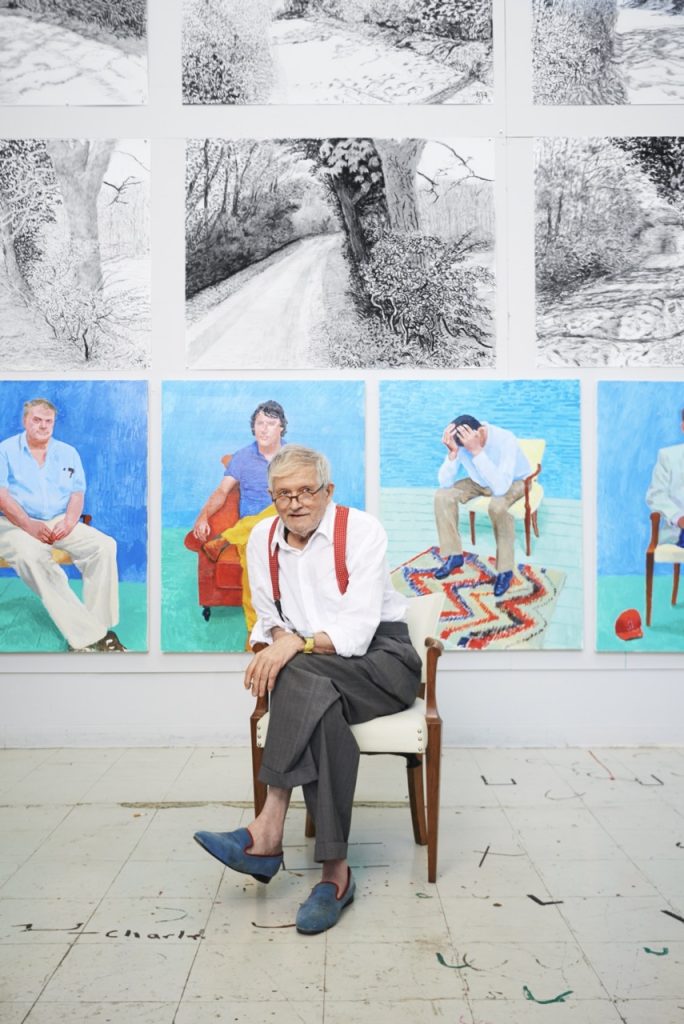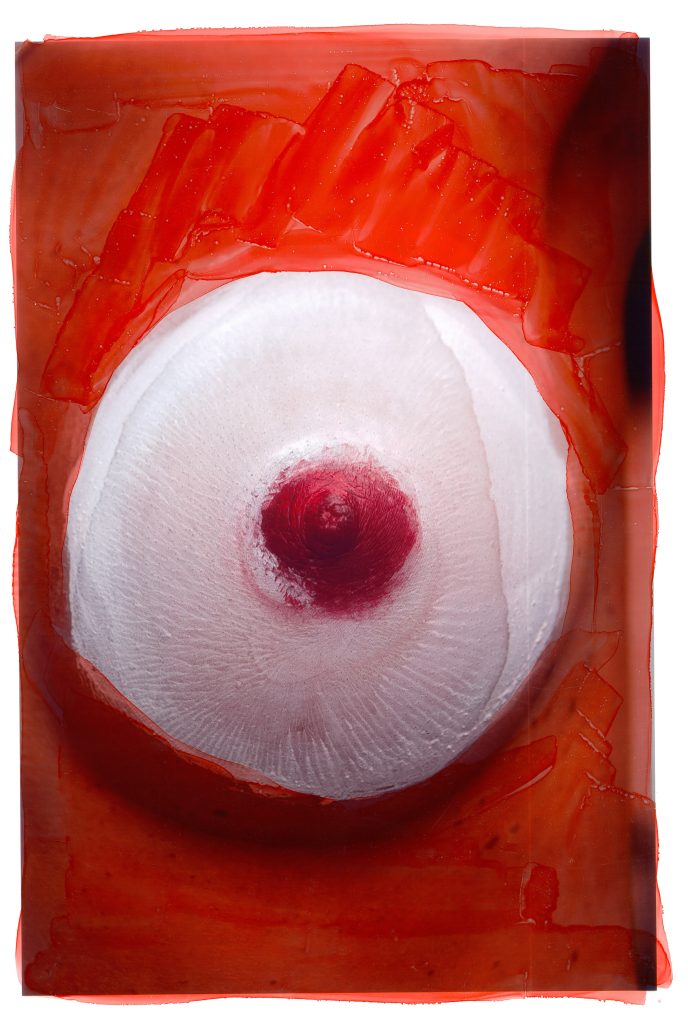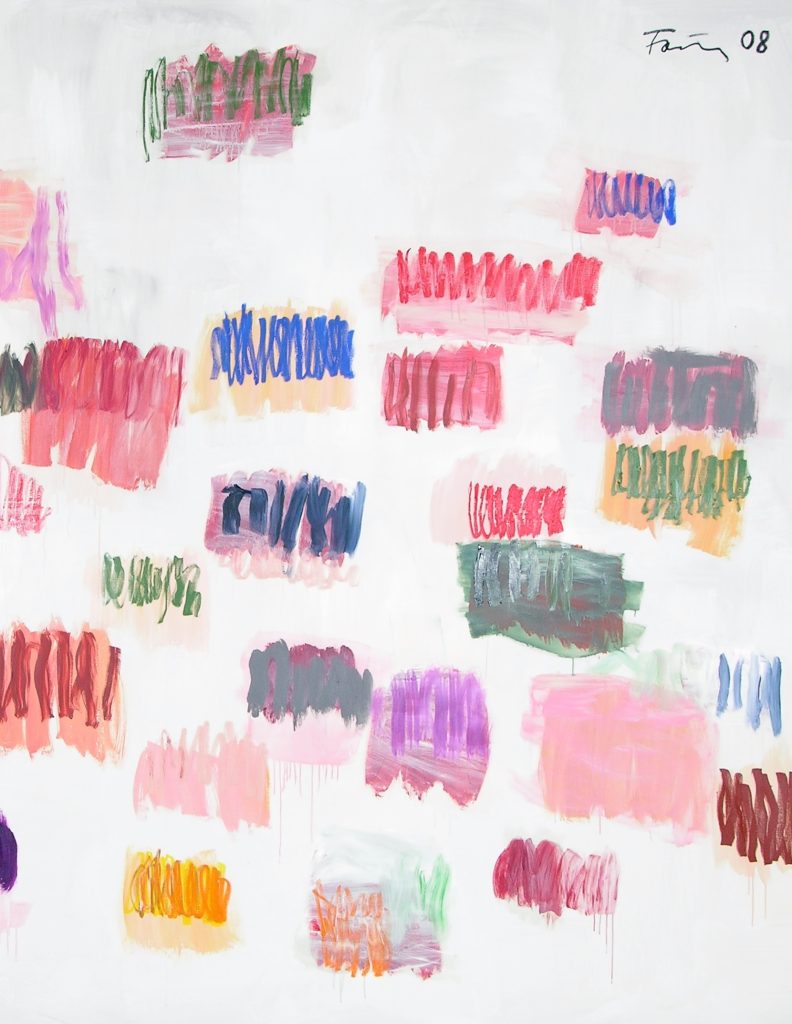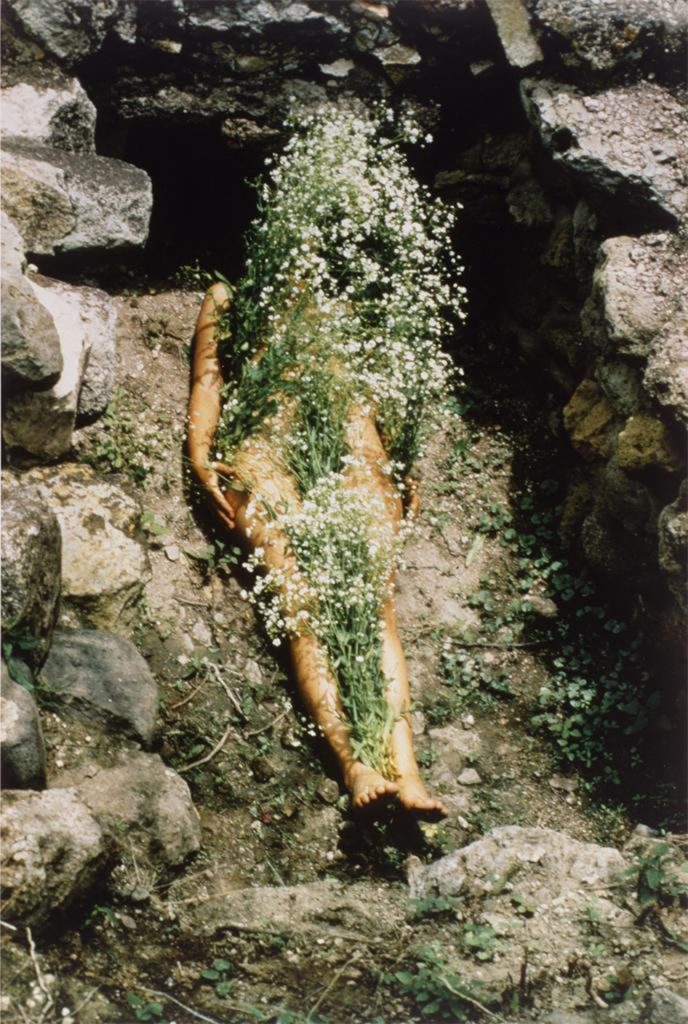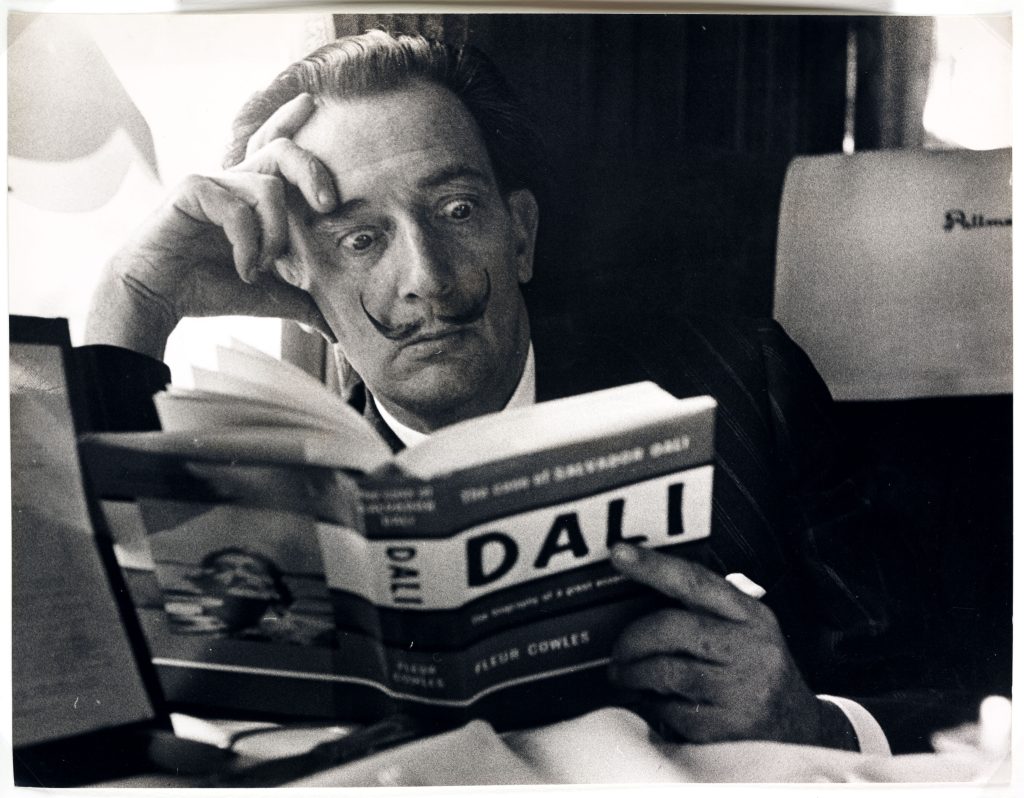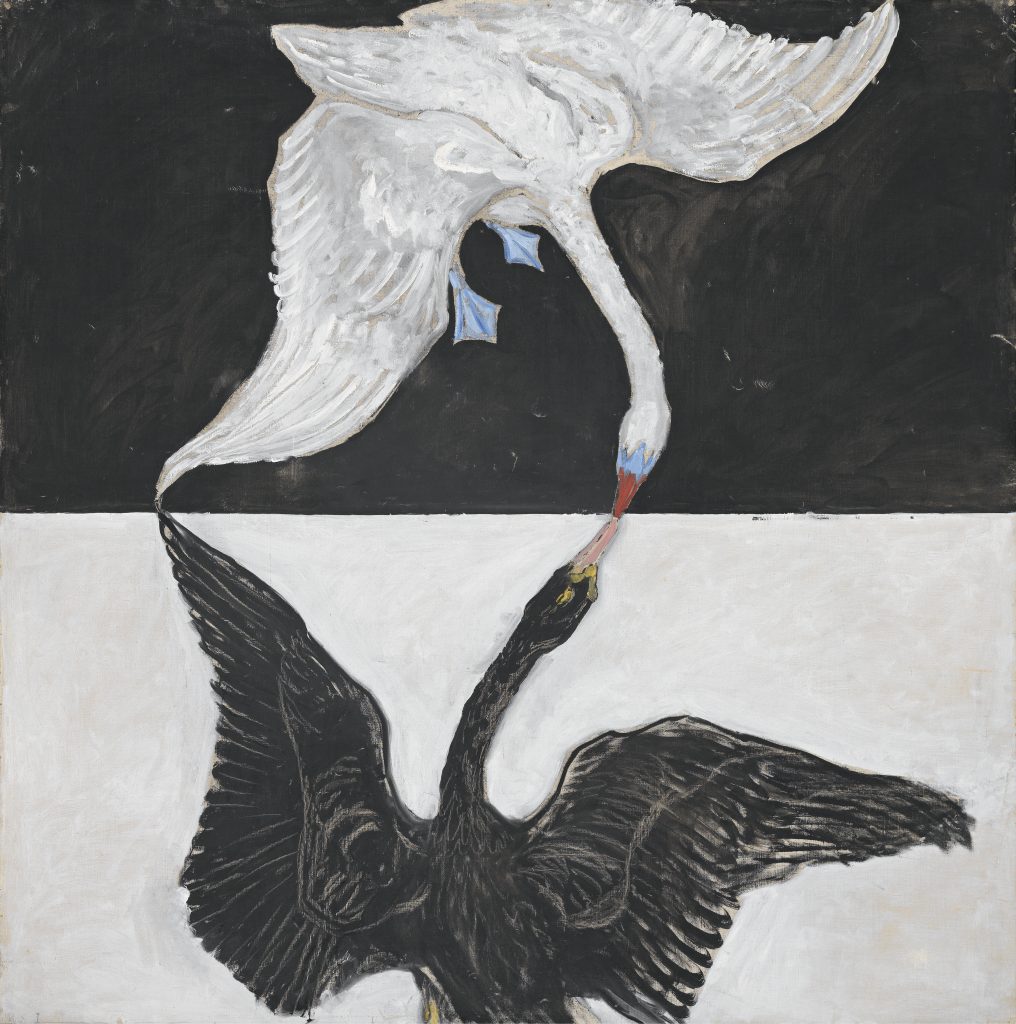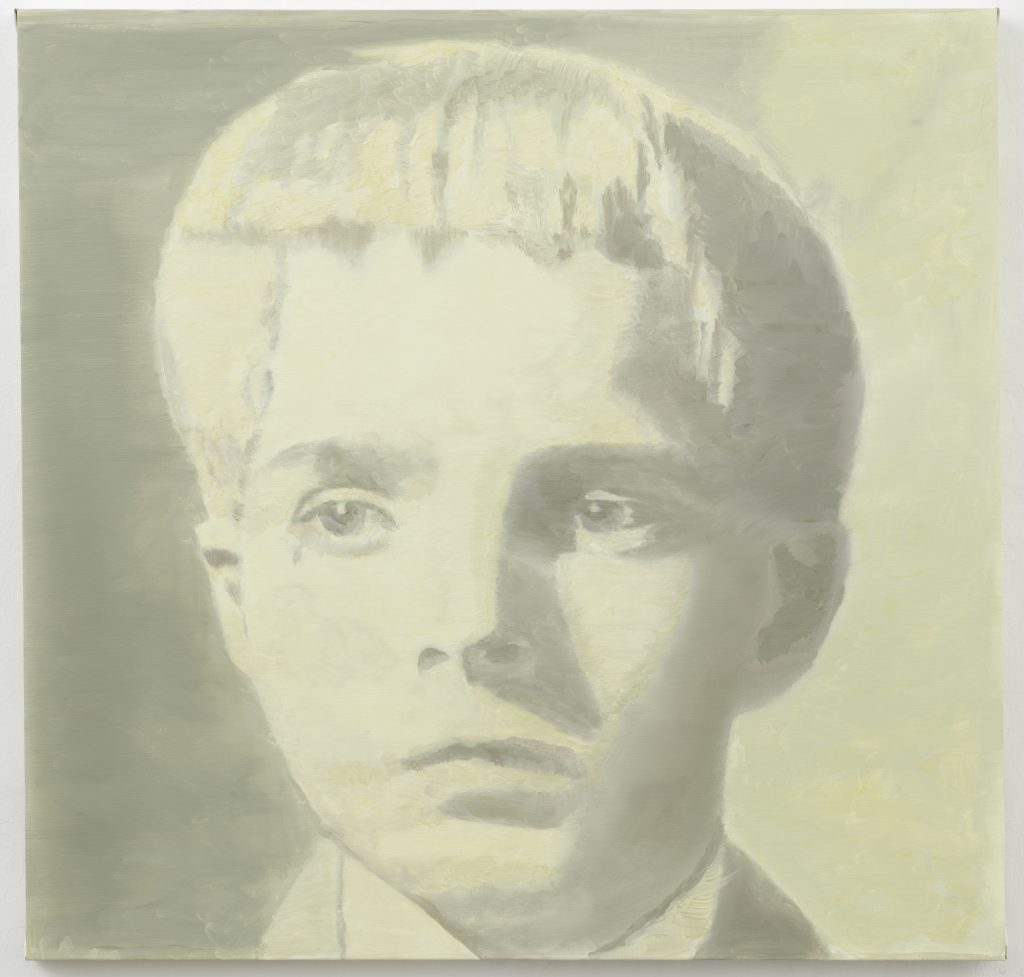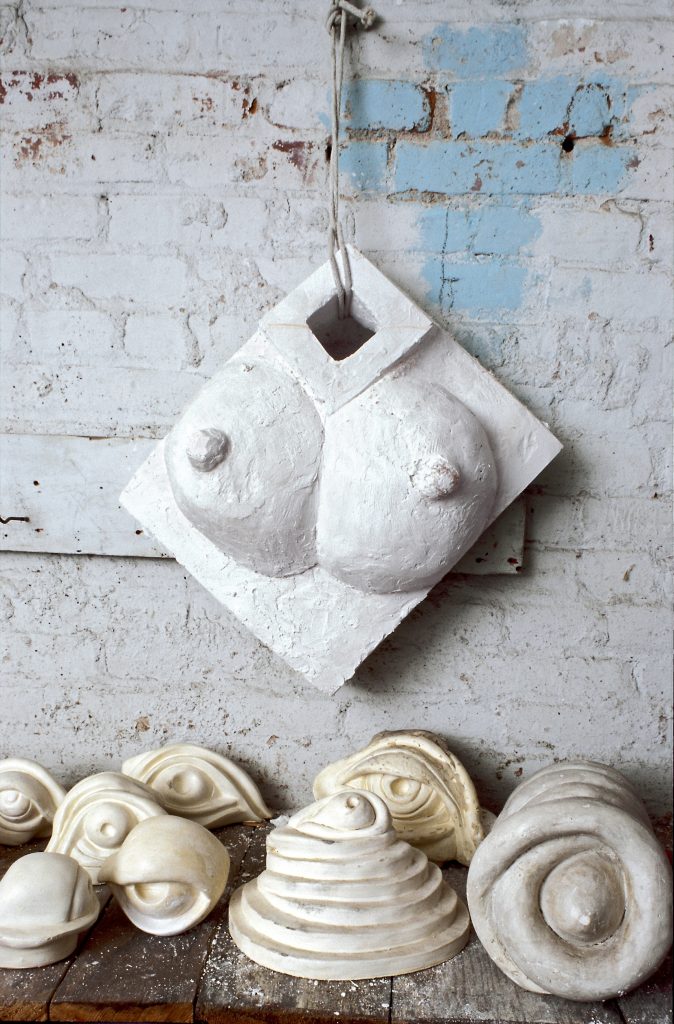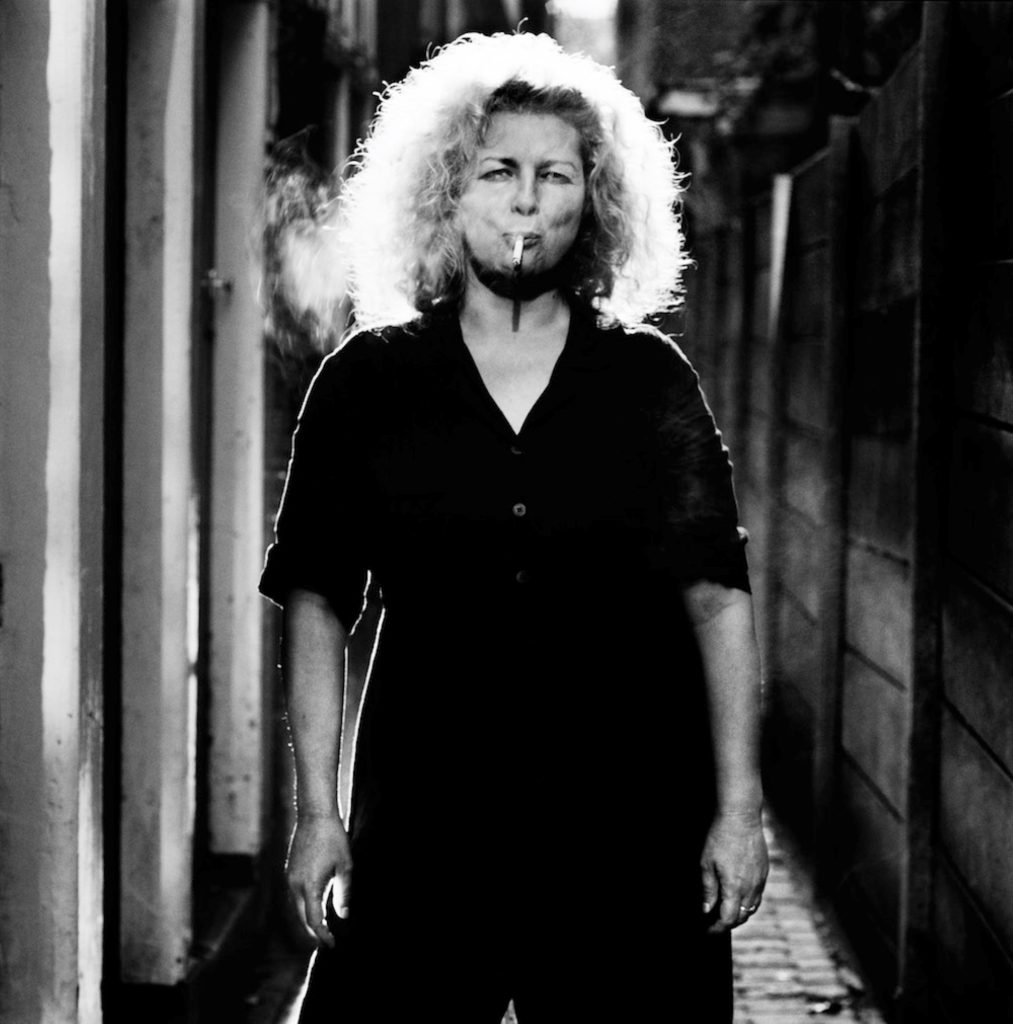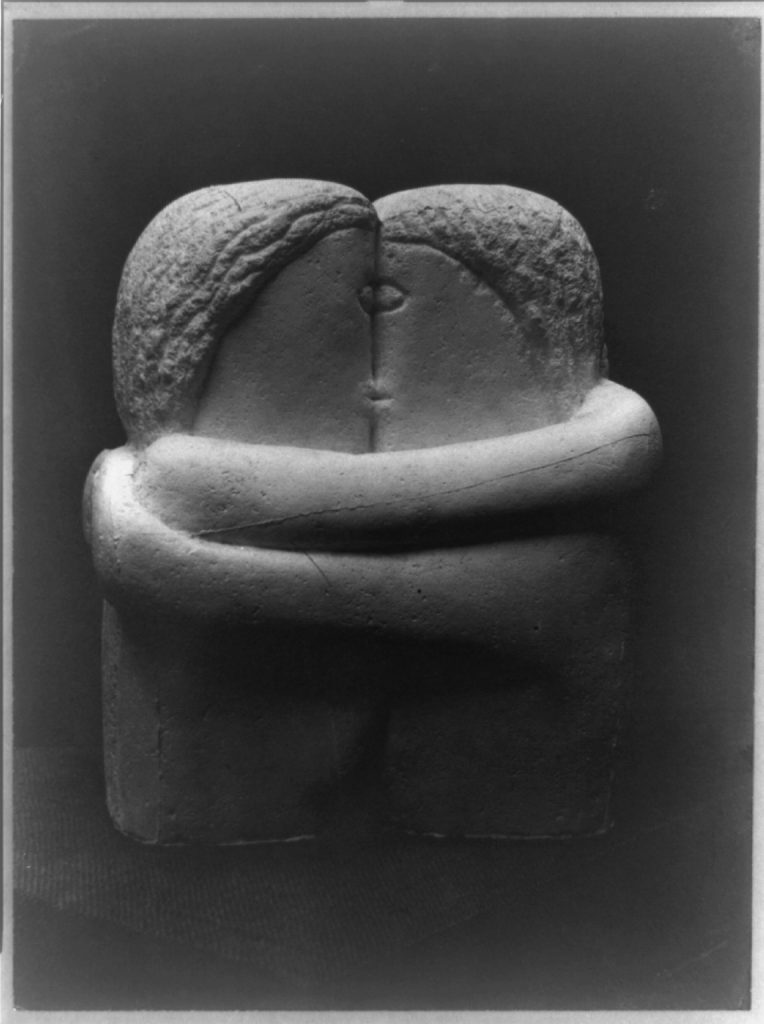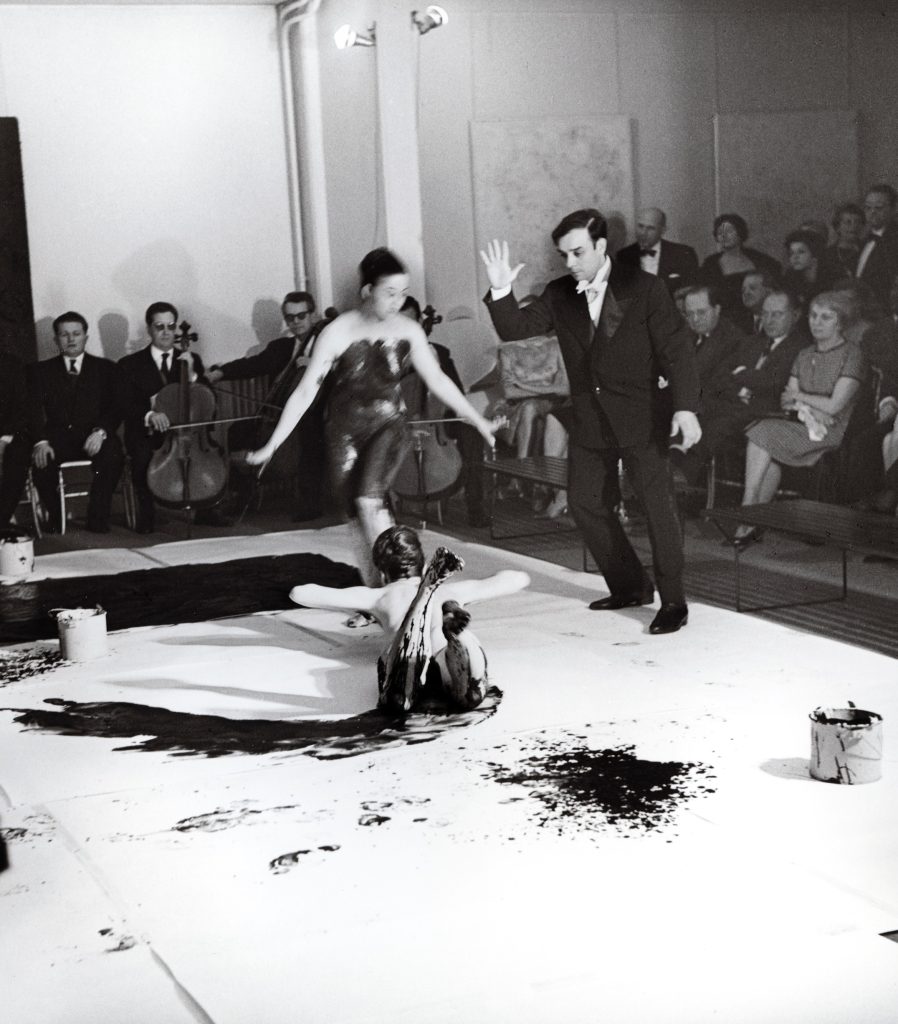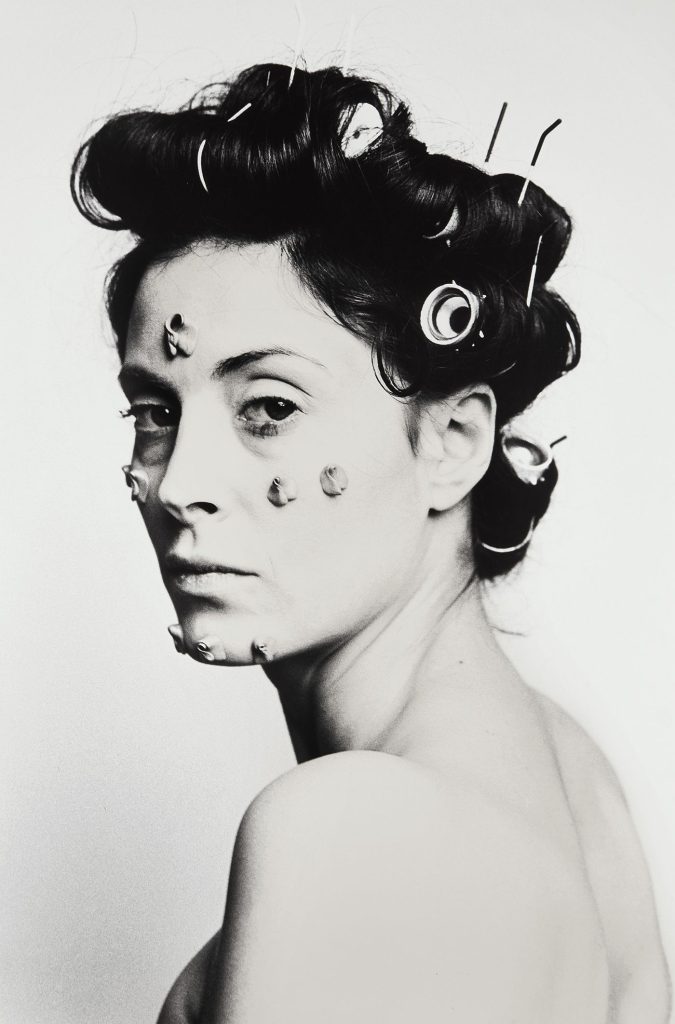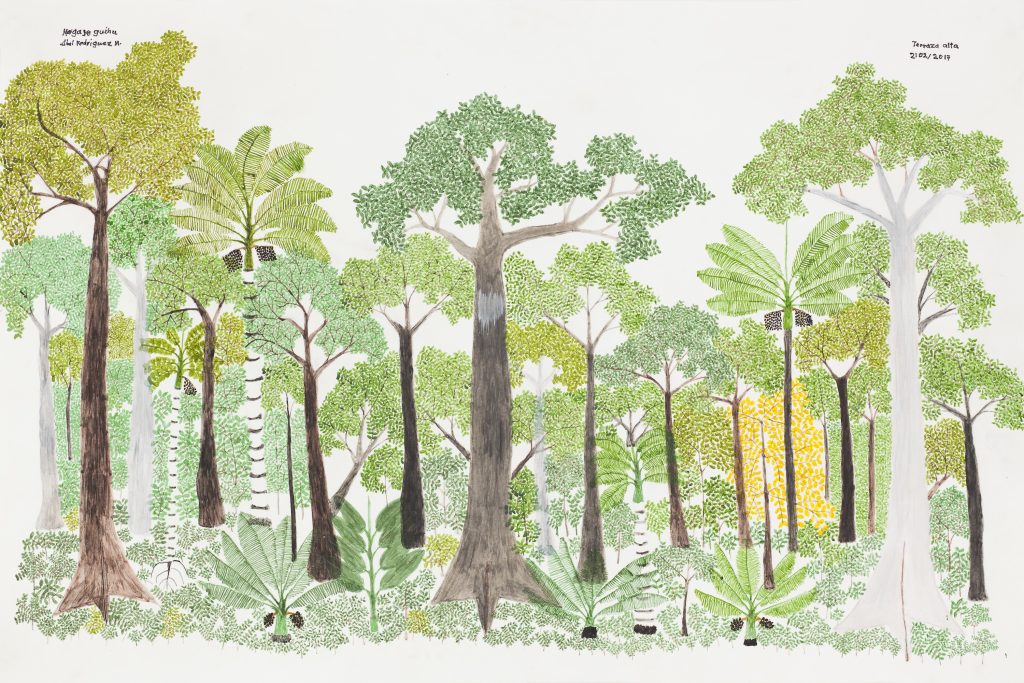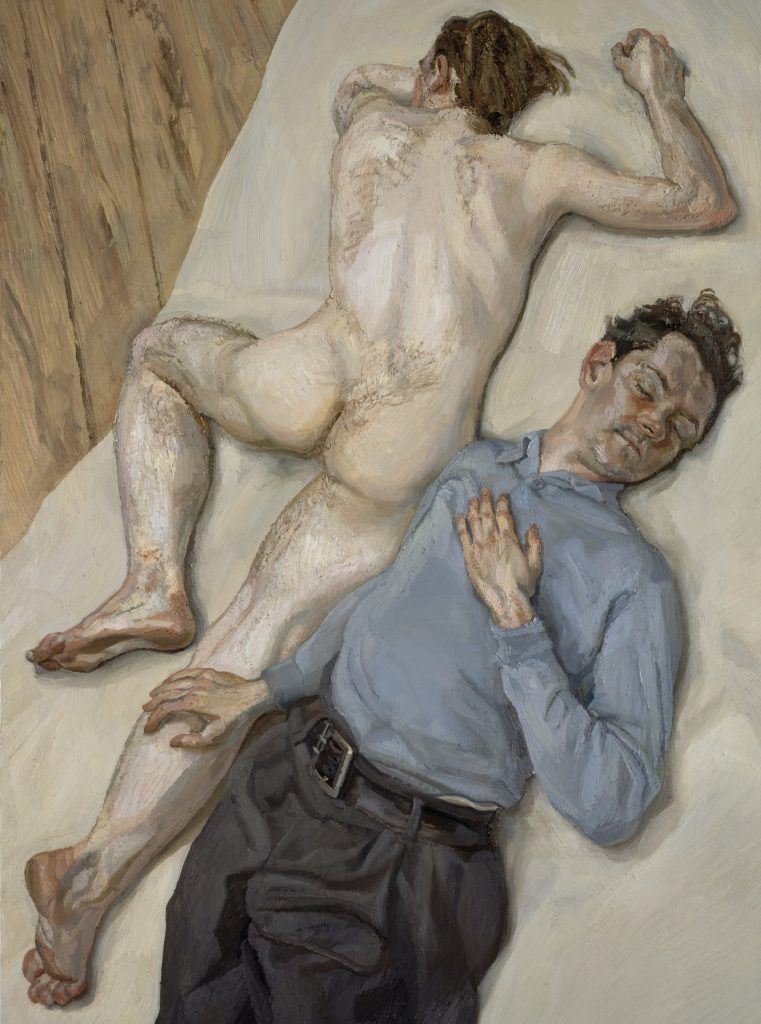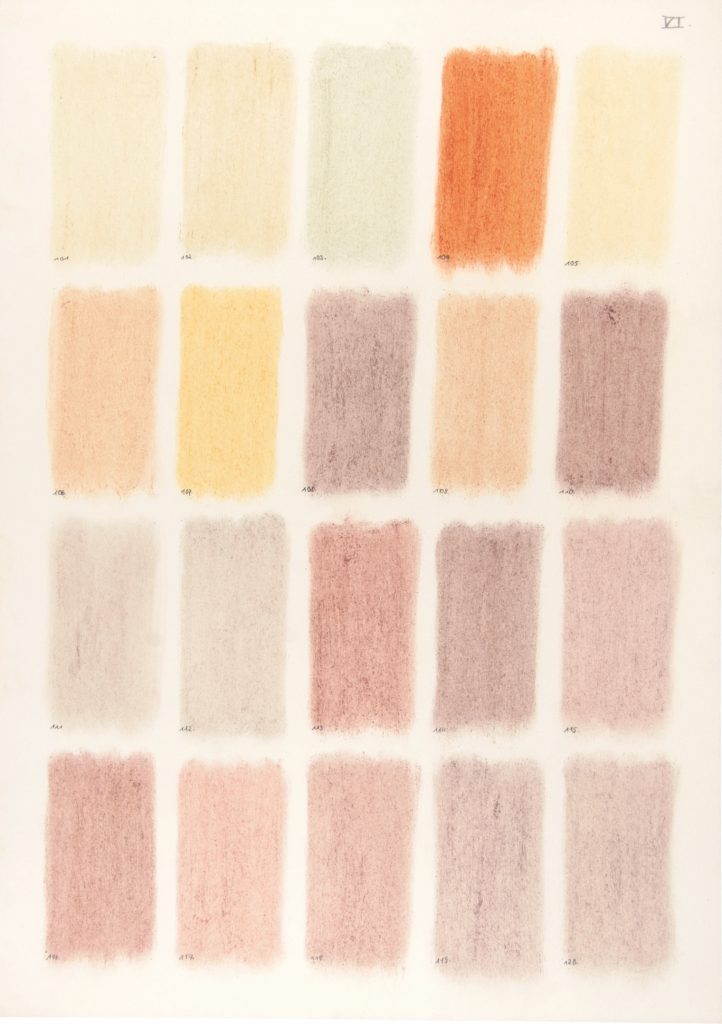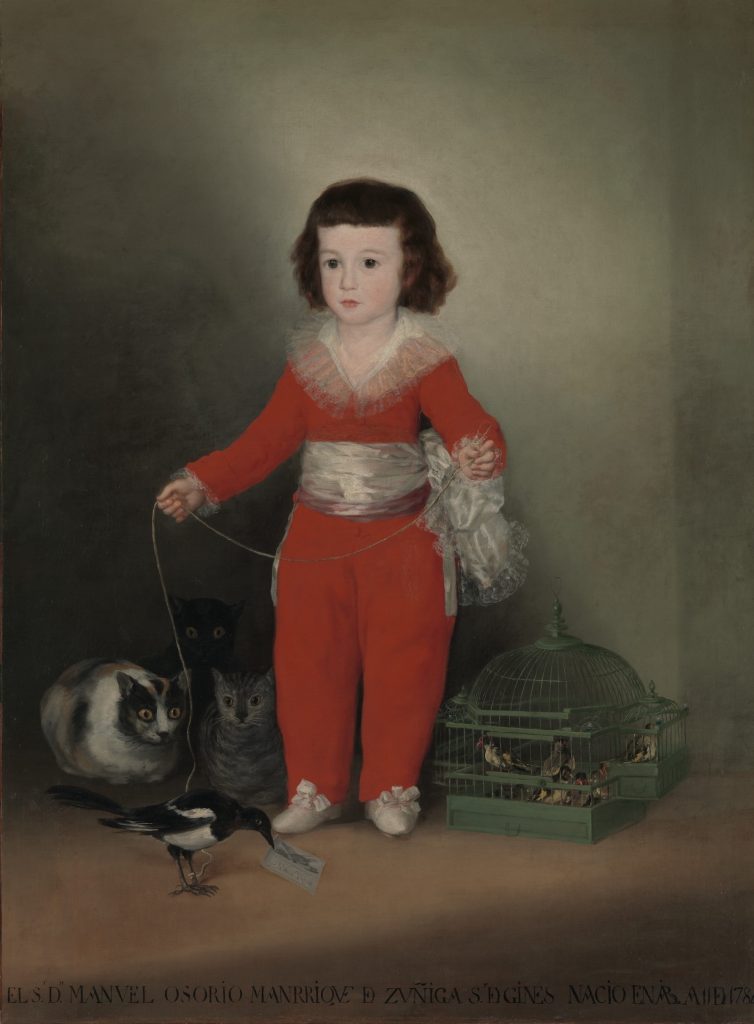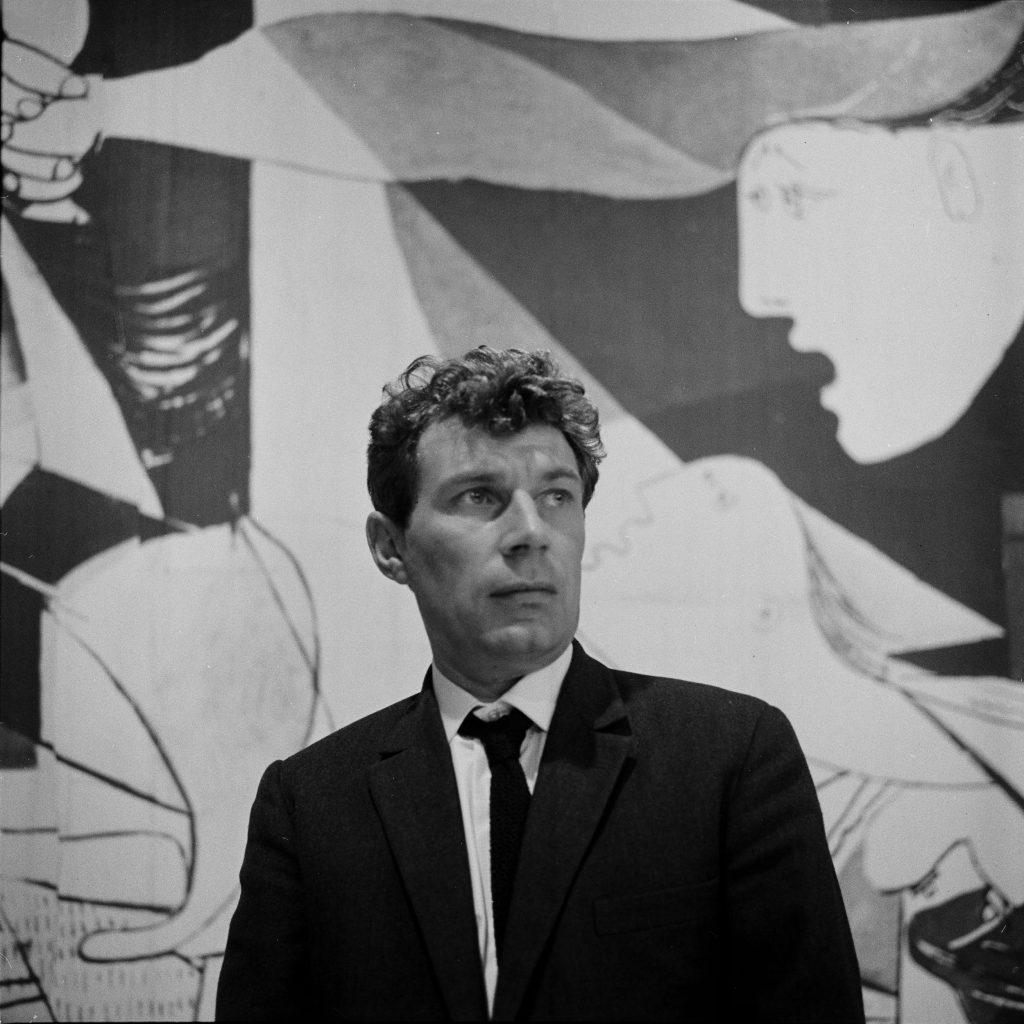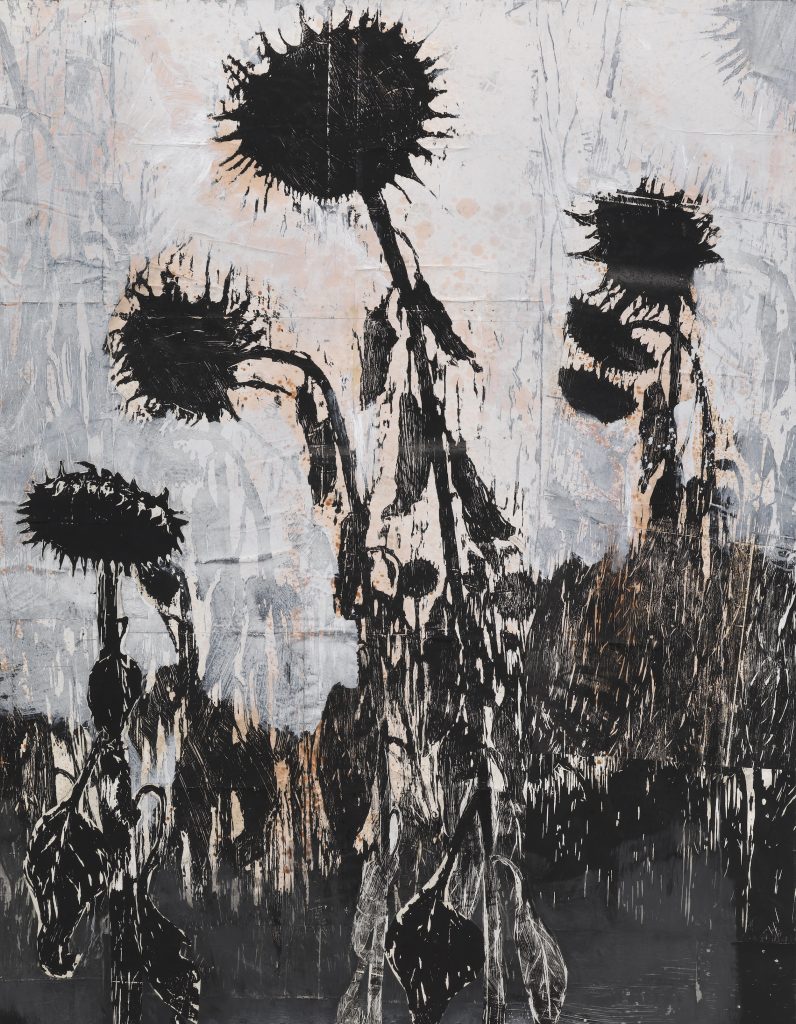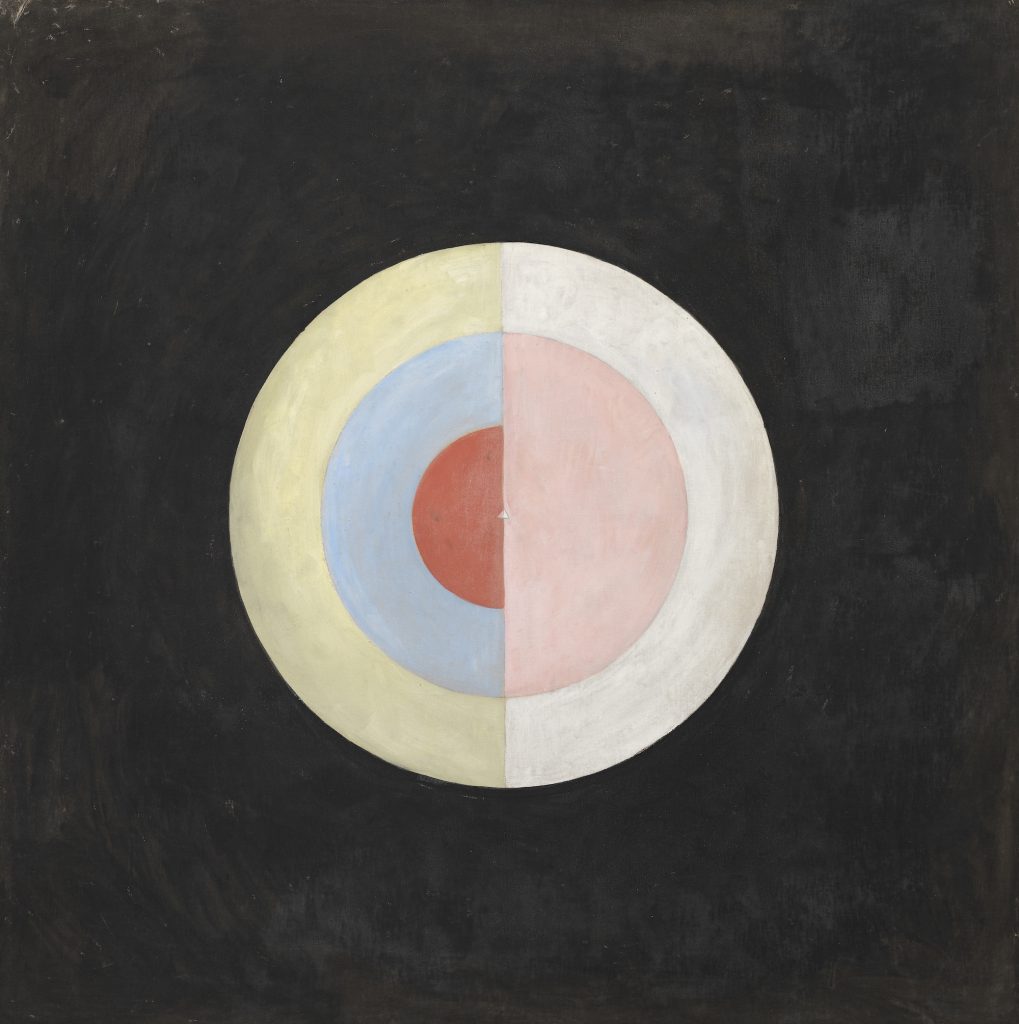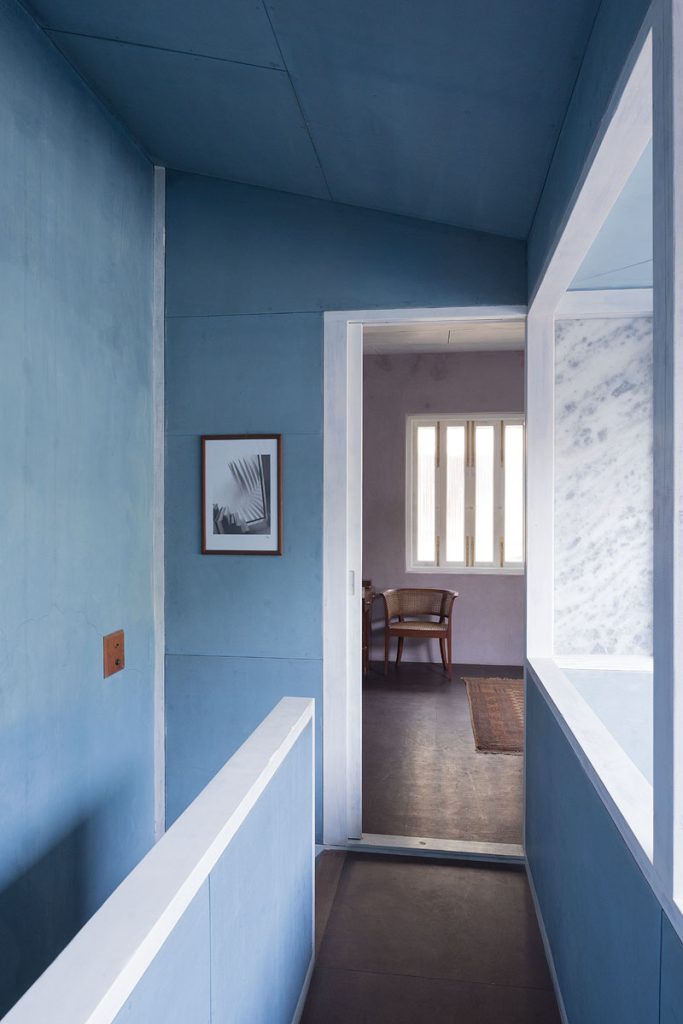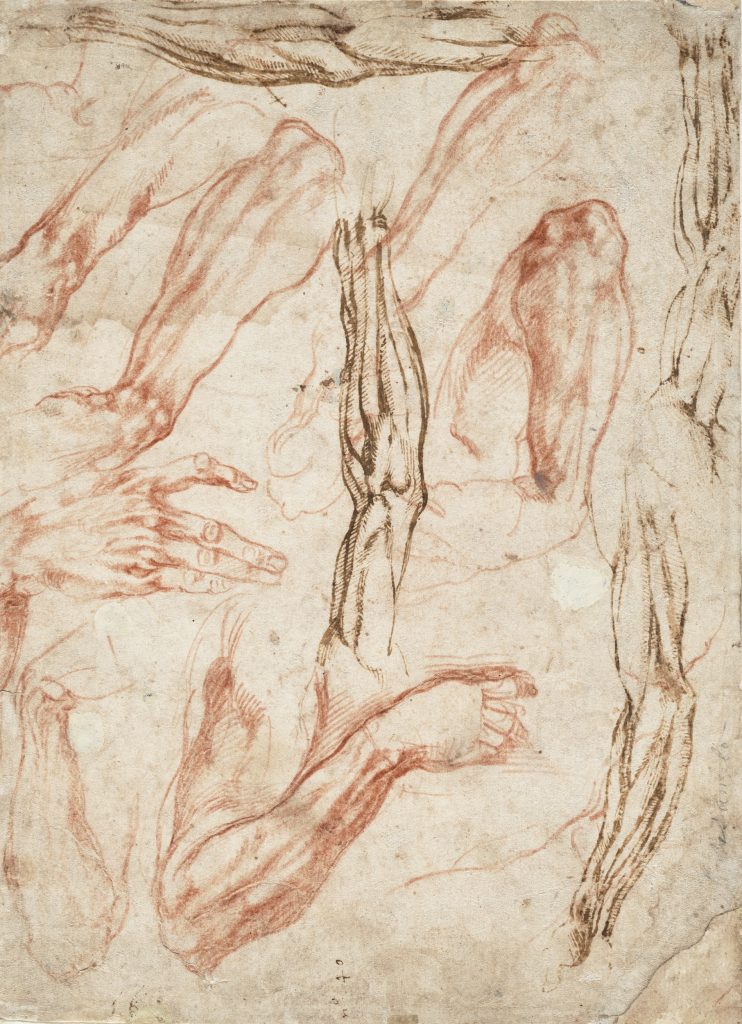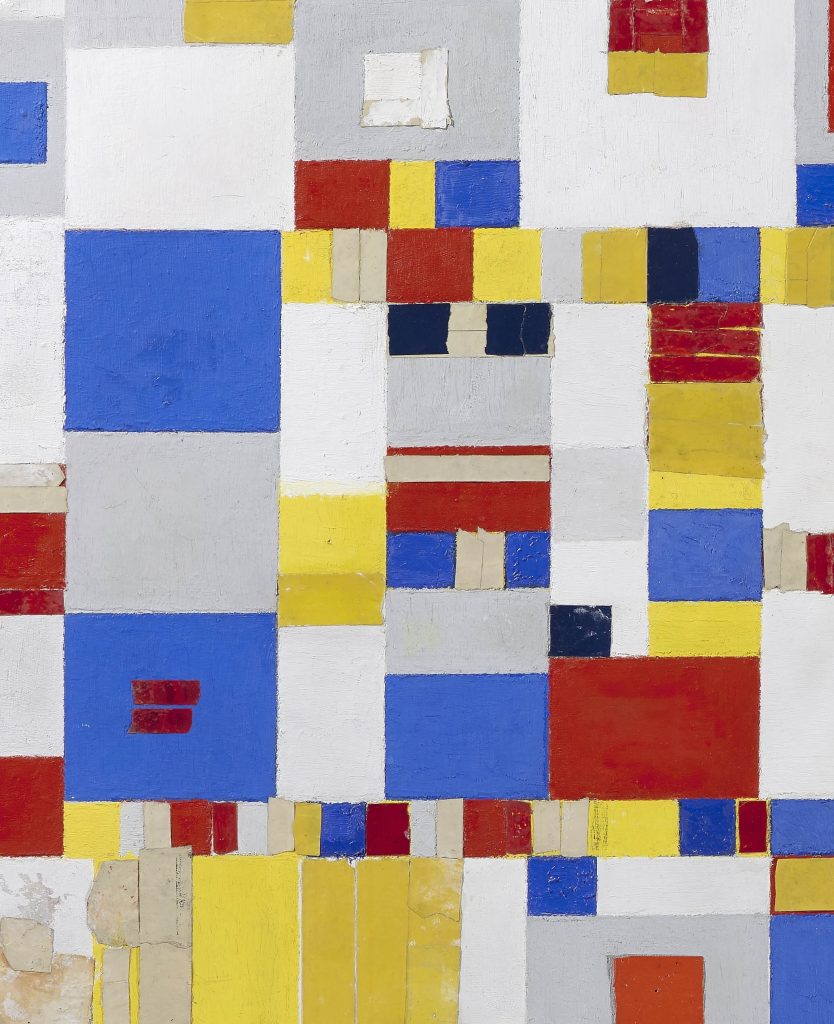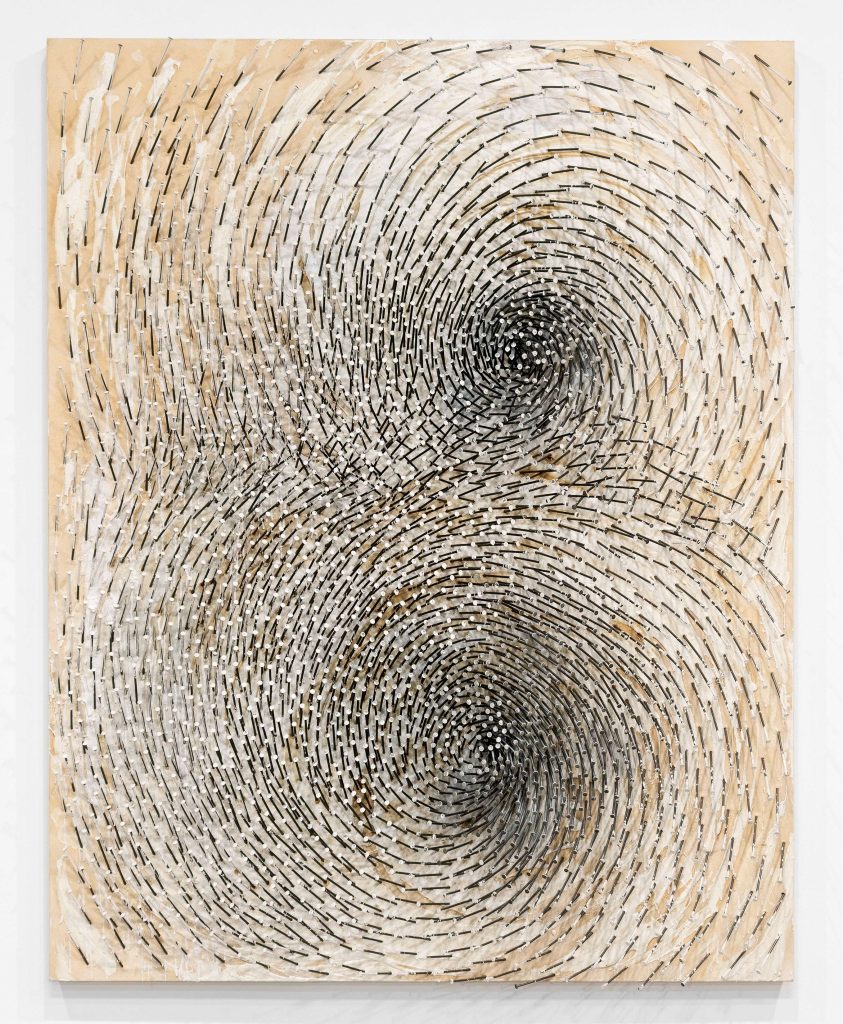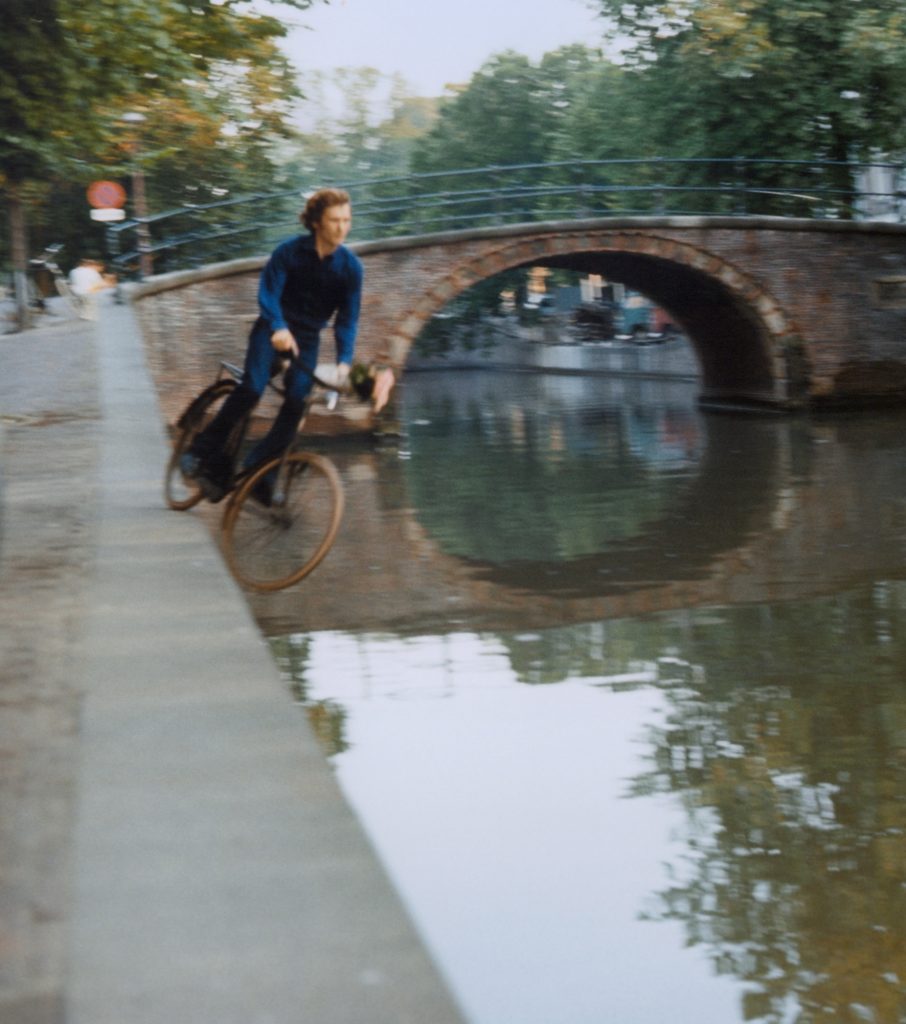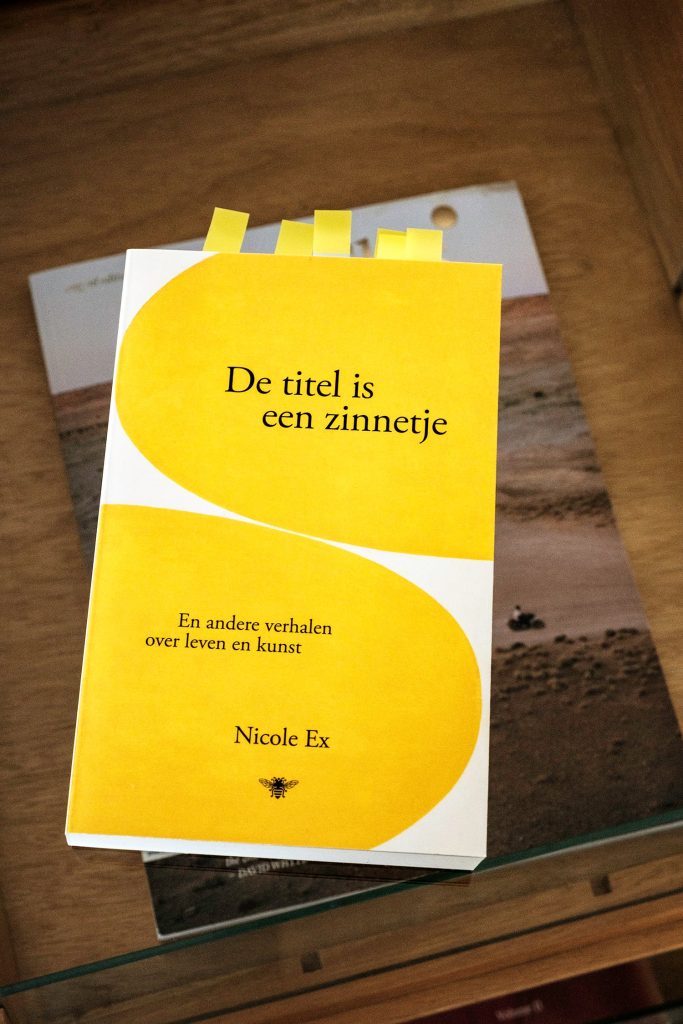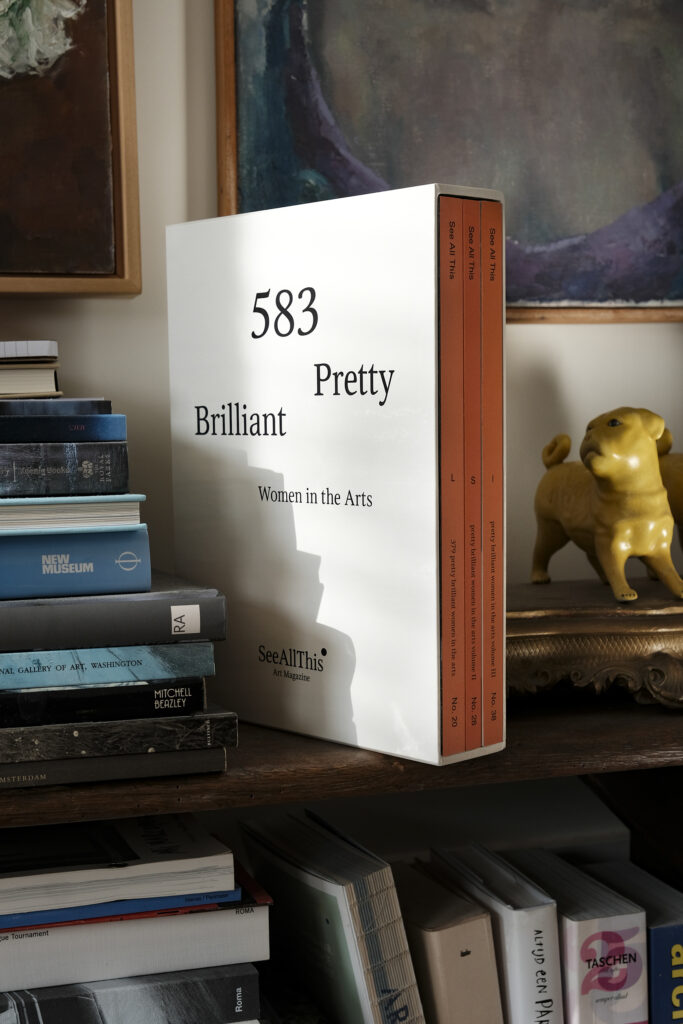See All This Magazine
Inspired by the work of artists, thinkers, writers and adventurers, See All This explores new ways of living and seeing through the lens of beauty, art and nature.
About us
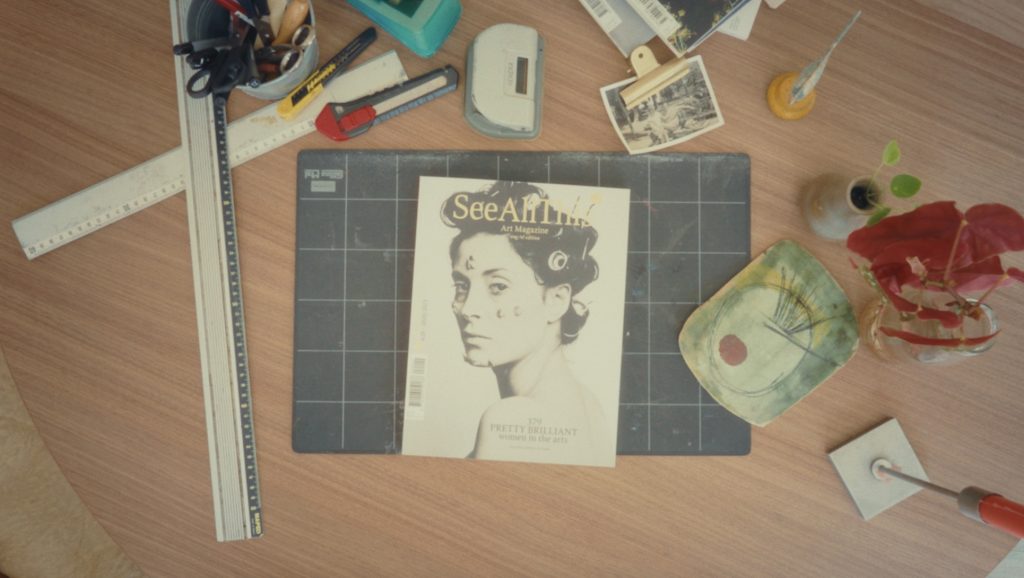

See All This is an independent art magazine made in Amsterdam. The magazine appears in print four times a year, with two issues being international (English-Dutch) editions featuring guest curators.
Previous guest curators have included curator Catherine de Zegher, nomadic photographer Iwan Baan, artist-activist Claudy Jongstra, landscape designer Piet Oudolf, architect Bijoy Jain, and forecaster Lidewij Edelkoort. The magazine has won several awards, including accolades from the Society of Publication Designers in New York, among others.
Previous guest curators have included curator Catherine de Zegher, nomadic photographer Iwan Baan, artist-activist Claudy Jongstra, landscape designer Piet Oudolf, architect Bijoy Jain, and forecaster Lidewij Edelkoort. The magazine has won several awards, including accolades from the Society of Publication Designers in New York, among others.
Magazines
No. 38 – Summer 2025,
Pretty Brilliant vol. III
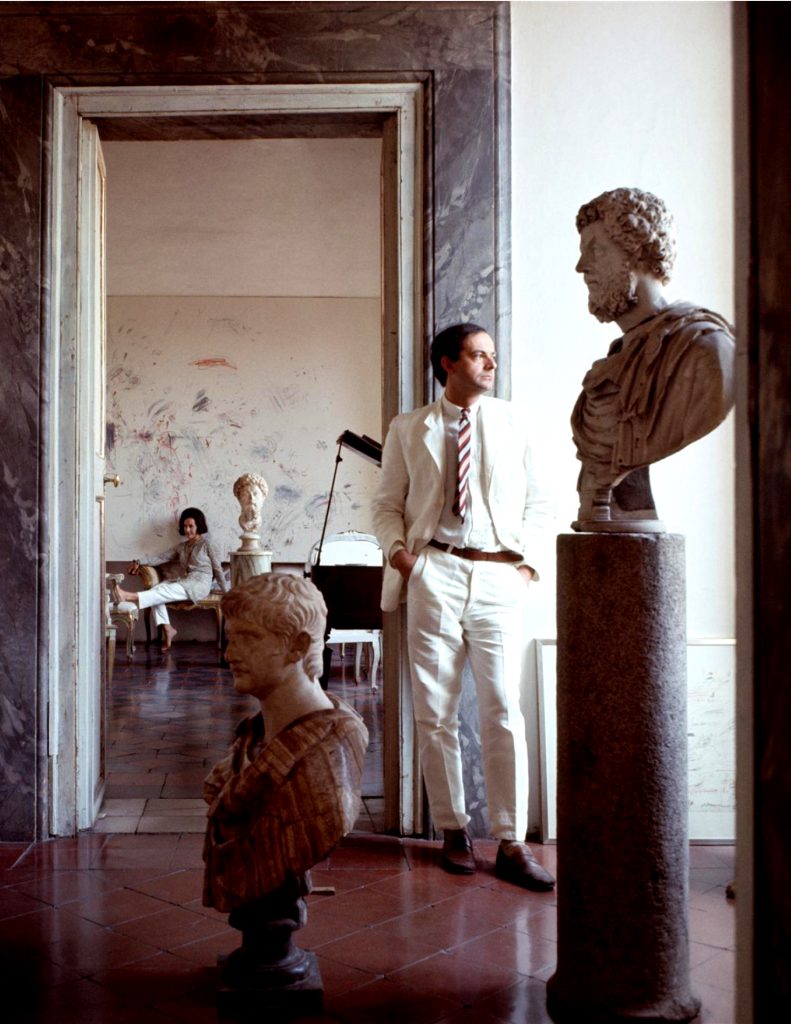
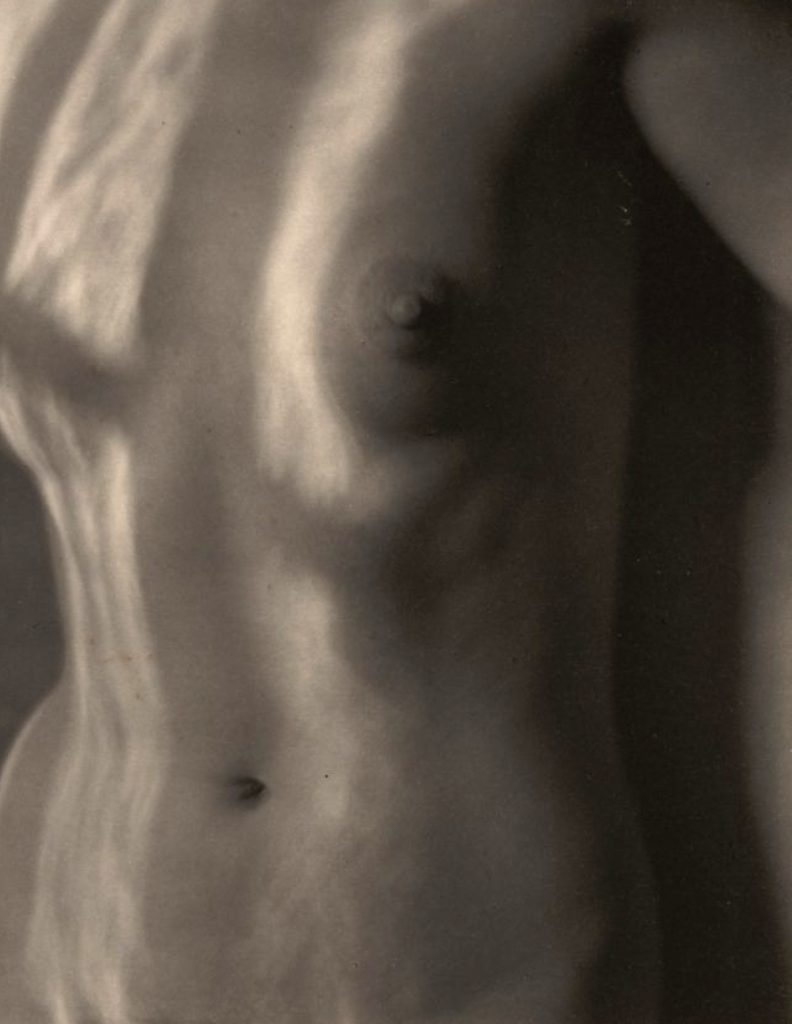
No. 38 – Summer 2025
Pretty Brilliant vol. III
No. 38,
Summer 2025
The third and final part of our praised series Pretty Brilliant: Women in the Arts. The series is dedicated to the creative power of female artists from around the world. There couldn’t be a more fitting theme for this issue: Goddesses. Curated by Catherine de Zegher
Buy Issue
No. 1
•
Winter 2015/2016
No. 1 – Winter 2015/2016
See All This (#1) featuring fifty shades of black in fashion, older female artists as ‘the new hot things,’ Andy Warhol’s witty cookbook, a visit to the studio of writer and ceramicist Edmund de Waal, and an interview with artist Roni Horn: 'I’m searching for something pure.'
No. 2
•
Lente 2016
No. 2 – Spring 2016
See All This (#2) featuring an impressive interview with director Steve McQueen, haute couture from the printer of fashion designer Iris van Herpen, erotic and obscure flowers in art with an essay by Maria Barnas, and a message in paint from optical artist Bridget Riley.
No. 3
•
Autumn 2016
No. 3 – Autumn 2016
See All This (#3) featuring poet Rainer Maria Rilke on sculptor Rodin, writer Yannick Dangre on Marilyn Monroe, interviews with Renzo Martens and Callum Innes, and the unforgettable artist’s book by Dorothy Iannone: 'The Joy of Cooking for You!'
No. 4
•
Winter 2016/2017
No. 4 – Winter 2016/2017
See All This (#4) featuring photographer Robin de Puy in conversation with artist Marina Abramović, the unparalleled photographs of Johannes Schwartz, who opens archive drawers in museum storage. And also: in bed with photographer Ed van der Elsken, and Jorge Manes Rubio, the artist designing a temple for the moon.
No. 5
•
Spring 2017
No. 5 – Spring 2017
See All This (#5) featuring sex, violence, and family in the work of director Martin Scorsese, an interview with fashion designers Viktor&Rolf, and cracking the Mondrian code. What would Victory Boogie Woogie (1944) have looked like if Mondrian had been able to finish it?
No. 6
•
Summer 2017
No. 6 – Summer 2017
See All This (#6) featuring a bright portfolio of David Hockney, a selection of the tiniest art objects found in the Dutchmuseum collection, an interview with extravagant fashion designer Fong Leng, stories from the North Sea, and a tender provocation in Robert Mapplethorpe’s nude photography.
No. 7
•
Autumn 2017
No. 7 – Autumn 2017
See All This (#7) featuring an interview with a photographer artist Vivianne Sassen, the vibrant cultural scene of Paris in the 1900's, renowned garden designer Piet Oudolf sharing his most cherished artworks and a collection of favourite books from inventor and artist Gabriel Lesters.
No. 8
•
Winter 2017/2018
No. 8 – Winter 2017/2018
See All This (#8) featuring a history of opposition between right and left and its representation in art, an interview with visual artist Jacqueline Hassink, and the “unstoppable” wrapping artist Christo.
No. 9
•
Spring 2018
No. 9 – Spring 2018
See All This (#9) featuring photography immersing into the astronaut’s perspective on the Earth, a travel journal of poet and novelist Louis Couperus in Japan, a special borscht recipe from Georgia O'Keeffe and an interview with fashion designer Jan Taminiau: ‘Because as long as a creation is not worn, even the most spectacular model remains lifeless.’
No. 10
•
Summer 2018
No. 10 – Summer 2018
See All This (#10) featuring a revelation about the most influential modernist artwork The Urinal, Hedy d'Ancona about the feminist waves and 99 years of women's voting right, influential design by Charles and Ray Eames, and an interview with collector Valeria Napoleone: 'I look when no one is looking, because the invisibility of women is persistent'.
No. 11
•
Autumn 2018
No. 11 – Autumn 2018
See All This (#11) featuring The Future Library by Katie Paterson inviting to transcend time with imagination, Joke Hermsen on Giacometti’s art of depicting humanness, poetry about cows by K. Schippers, Alexander Calder's kinetic art, and a coconut cake recipe from Emily Dickinson.
No. 12
•
Winter 2018/2019
No. 12 – Winter 2018/2019
See All This (#12) featuring a crash course about the cosmos, contemplating Hermeneutic ideas with the Embassy of the Free Mind museum, a true poet Yian Mei’s do’s and don'ts in the kitchen, and zodiac signs of twelve famous artists.
No. 13
•
Spring 2019
No. 13 – Spring 2019
See All This (#13) featuring an interview with the world’s foremost Rembrandt expert Ernst van de Wetering sharing his exclusive insights, a pasta recipe from minimalist artist Jo Baer, and an interview with artist, educator and photographer Deana Lawson: ‘When I speak about potential—that incredible, powerful person in front of me that I try to draw out—I’m working to track down the magnificent and make it appear in the photo’
No. 14
•
Summer 2019
No. 14 – Summer 2019
See All This (#14) featuring a cinematic short story about travelling and coming home by writer and wanderer Iris Hannema, and the 17th-century Roman palazzo where Cy Twombly lives and creates: 'It’s like a revelation, to find all those fantastic rooms in a house you didn’t know existed'.
No. 15
•
Autumn 2019
No. 15 – Autumn 2019
See All This (#15) featuring a never-before-published letter from Niki de Saint Phalle to her granddaughter, the legendary New York life of Keith Haring, an upside-down apple tart recipe from Claude Monet and cover by Joost Swarte for you to colour in.
No. 16
•
Winter 2019/2020
No. 16 – Winter 2019/2020
See All This (#16) featuring an interview with Italian film director and screenwriter Paolo Sorrentino, a travel diary from Japan by editor-in-chief Nicole Ex, and an interview with travelling artist Roosmarijn Pallandt: ‘I find it liberating to arrive in new places and immerse myself in different customs.’
No. 17
•
Spring 2020
No. 17 – Spring 2020
See All This (#17) featuring an ode by Marlene Dumas to portrait painter Alice Neel, a masterclass by Bernini expert Frits Scholten, Mexican fiestas with Frida Kahlo, and 65 questions for Anton Corbijn: what is a portrait? ‘A part of the other, a piece of yourself.’
No. 18
•
Summer 2020
No. 18 – Summer 2020
See All This (#18) featuring a collection of artworks representing the most sincere and vulnerable feeling of love through the perspective of the writers, artists and connoisseurs who dare to share their most intimate thoughts with us.
No. 19
•
Autumn 2020
No. 19 – Autumn 2020
See All This (#19) featuring sixteen iconic exhibitions from the past including the World’s Fair, Lina Bo Bardi, Yves Klein and Annie Leibovitz, an interview with Boijmans Van Beuningen director Sjarel Ex about the future of the museum, and the idiosyncratic dream house of Konstantin Melnikov.
No. 20
•
Winter 2020/2021
No. 20 – Winter 2020/2021
Pretty Brilliant vol. I
See All This (#20) a special issue featuring 379 pretty brilliant women in the arts, curated by art curator and historian Catherine de Zegher who discovered artists as Frida Khalo and Hilma af Klint and wrote a feminist essay about women in the arts.
No. 21
•
Spring 2021
No. 21 – Spring 2021
See All This (#21) featuring depictions of a wild amazon forest by Abel Rodriguez, reflections on romanticism by a Dutch poet Maarten Doorman, a recipe for pasta pesto and cooking tips from Italian chef Massimo Bottura, and Ron Finley’s tips for 'Gangster Gardening'.
No. 22
•
Summer 2021
No. 22 – Summer 2021
Curated by Iwan Baan
See All This (#22) featuring an interview with author and landscape designer Julia Watson, a journey around the most hopeful places on Earth through the lens of the captivating photography of Iwan Baan and an interview with the travelling photographer: ‘I’ve always been good at adapting. Circumstances change, people adjust.'
No. 23
•
Autumn 2021
No. 23 – Autumn 2021
See All This (#23) featuring an analysis of the work of Lucian Freud and his pupil Paula Rego. Catherine Lampert reflects on the relentless working process of both artists and the persistent artist stereotype that fits no one, while graphologist Jeannine Klementschitsch examines their letters to reveal something of their character.
No. 24
•
Winter 2021/2022
No. 24 – Winter 2021/2022
Curated by Claudy Jongstra
See All This (#24) featuring an interview with artist and textile designer Claudy Jongstra, a short story about colour by Ali Smith and a history of colour and its influence on people by author of the bestseller book The Secret Lives of Colour Kassia St. Clair.
No. 25
•
Spring 2022
No. 25 – Spring 2022
See All This (#25) featuring 13 elemental materials – from fire to graphite – and artists who are able to create something surprising from them, the enchanting world of Ruth Asawa, and an interview with all-rounder Joep van Lieshout: ‘I wanted to completely dismantle the idea of the artist as a genius.’
No. 26
•
Summer 2022
No. 26 – Summer 2022
See All This (#26) featuring writer Max Porter on Francis Bacon, an intriguing sci-fi story by Terry Bisson, sensuous poetry by Anne Sexton, and a contemplation on pets accompanied by photos of famous artists with their beloved furry friends.
No. 27
•
Autumn2022
No. 27 – Autumn 2022
See All This (#27) featuring the most groundbreaking chapter from John Berger’s Ways of Seeing, fifty ways of seeing according to artists, writers, poets and philosophers, and a tribute by Ali Smith to Berger and his influence on her life.
No. 28
•
Winter 2022/2023
No. 28 – Winter 2022/2023
Pretty Brilliant vol. II
See All This (#28), a second volume of pretty brilliant women in the arts featuring stories of women on the islands by journalist and author Alice Albinia, and phenomenal female artists united under a theme of five elements: Earth, Water, Fire, Air and Void, curated by Catherine de Zegher.
No. 29
•
Spring 2023
No. 29 – Spring 2023
See All This (#29) featuring a reflection on the end of time through the ages, final notes from Edvard Munch, Mary Shelley and Jorge Luis Borges, a report on a new beginning for See All This at Droog Design, and a European road trip from Paris to Arles.
No. 30
•
Summer 2023
No. 30 – Summer 2023
Curated by Piet Oudolf
See All This (#30) featuring a photographic chronicle of a year in the garden with landscape designer Piet Oudolf, his 100,000 square metres of gardens across the globe, and guide to create one of your own. Also: the therapeutic power of plants according to psychiatrist Sue Stuart-Smith, gardens of the future, and music tips for your plants.
No. 31
•
Autumn 2023
No. 31 – Autumn 2023
See All This (#31) featuring the highlights of groundbreaking research by Susan Magsamen and Ivy Ross on the impact of art on the brain. Plus: an interview with Frances Morris about her urgent farewell exhibition on Hilma af Klint and Piet Mondrian and a road trip through southern England, visiting exotic gardens and artists’ studios.
No. 32
•
Winter 2023/2024
No. 32 – Winter 2023/2024
Curated by Bijoy Jain
See All This (#32) featuring an interview with Indian architect and artist Bijoy Jain on the meaning of home, iconic interiors by Lina Bo Bardi, Georgia O’Keeffe and other renowned artists, and the eccentric Islington Twins on the rules and routines of a life on the streets.
No. 33
•
Spring 2024
No. 33 – Spring 2024
See All This (#33) featuring Europe’s most beautiful bookstores, writer and philosopher James Bridle and his alternative approach to intelligence and technology, and curator Catherine de Zegher on the post-Anthropocene. What might a rebirth of the world look like in our time?
No. 34
•
Summer 2024
No. 34 – Summer 2024
Curated by Lidewij Edelkoort
See All This (#34) featuring an interview with trend forecaster Lidewij Edelkoort who predicts the Age of the Amateur, a textile guide to the fabrics of your life, the modernist style of Georgia O’Keeffe and the wardrobes of five remarkable fashion lovers. How do you collect a wardrobe like a work of art—and how do you become a Parisian?
No. 35
•
Autumn 2024
No. 35 – Autumn 2024
See All This (#35) featuring Nicole Ex on the hidden side of restoration, Charlotte Caspers on the risky business of reconstructing an ancient sculpture, the secret biography of a painting according to restorer Esther van Duijn and a journey through Mallorca full of art, craftsmanship and nature.
No. 36
•
Winter 2024/2025
No. 36 – Winter 2024/2025
Curated by David Whyte
See All This (#36) featuring traveller and guest curator David Whyte, who offers the most beautiful questions to start a conversation, a history of pilgrimage, six artists, activists and believers on their personal journeys of discovery, and a short story by Ali Smith: Go back to where you came from.
No. 37
•
Spring 2025
No. 37 – Spring 2025
Ik kan blijven kijken naar jou, Amsterdam! In this anniversary year, we bring a unique ode to the capital. We asked an architect, book designer, theater maker, curator, writers and chefs about the unconditional love for their city and created a guide with all their favorite places.
